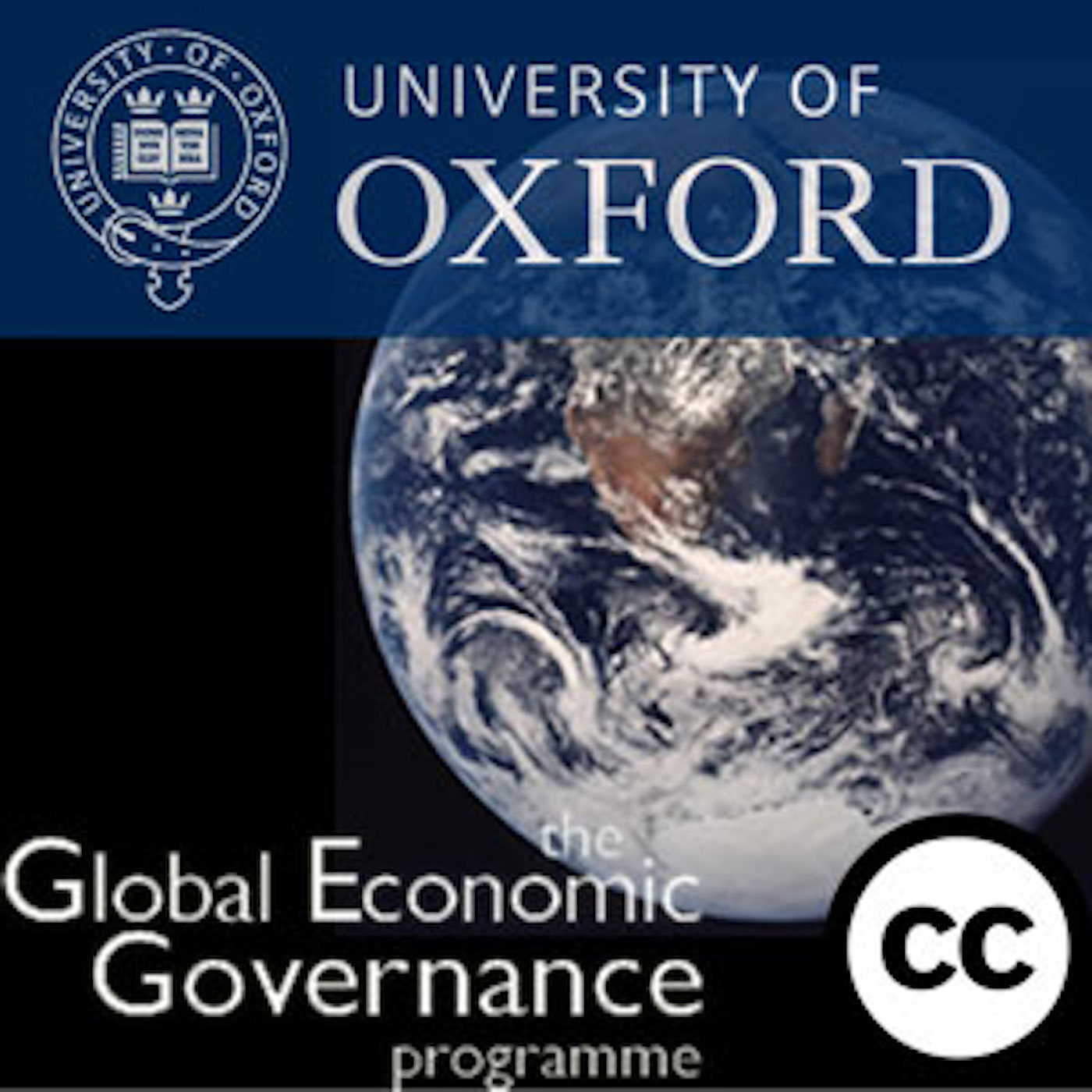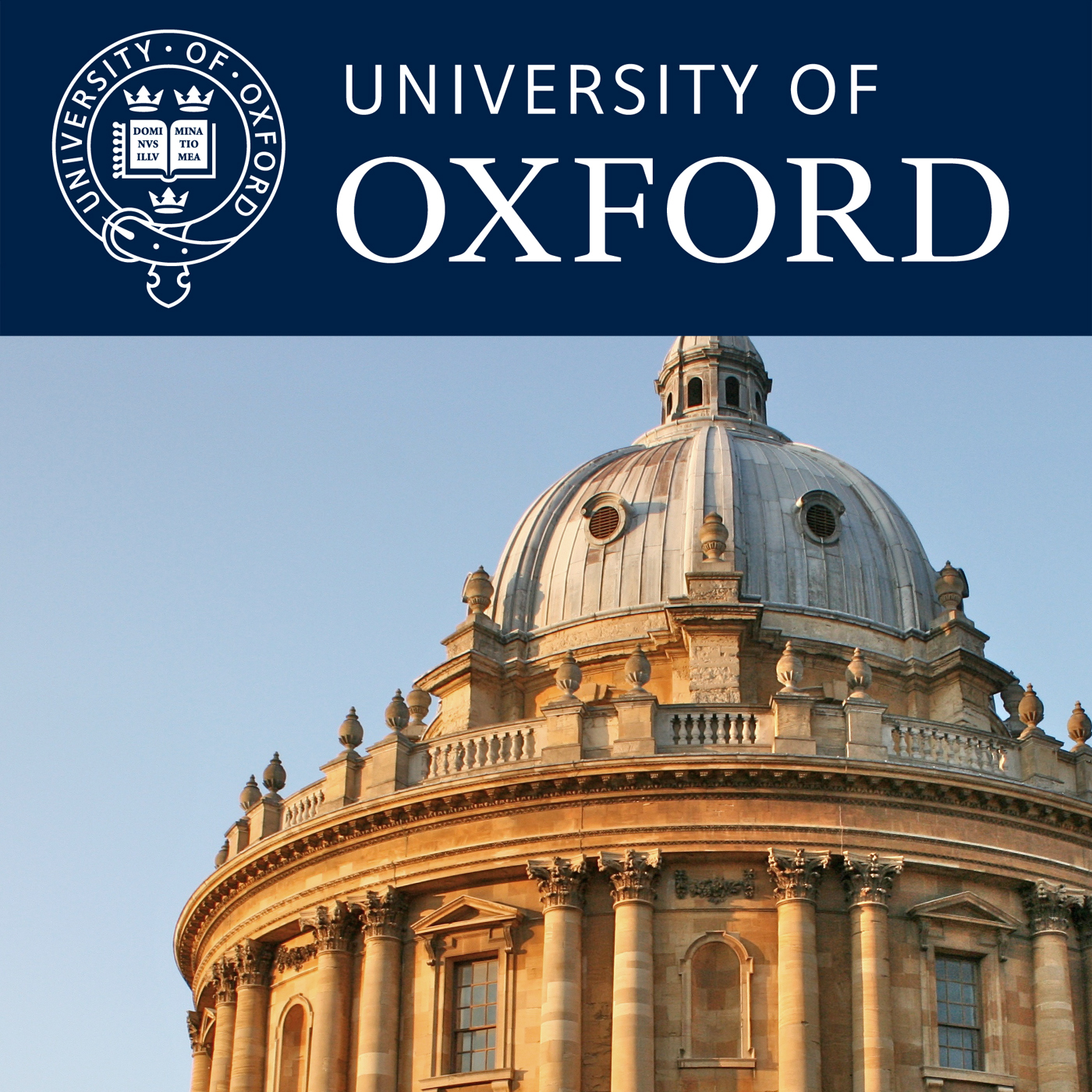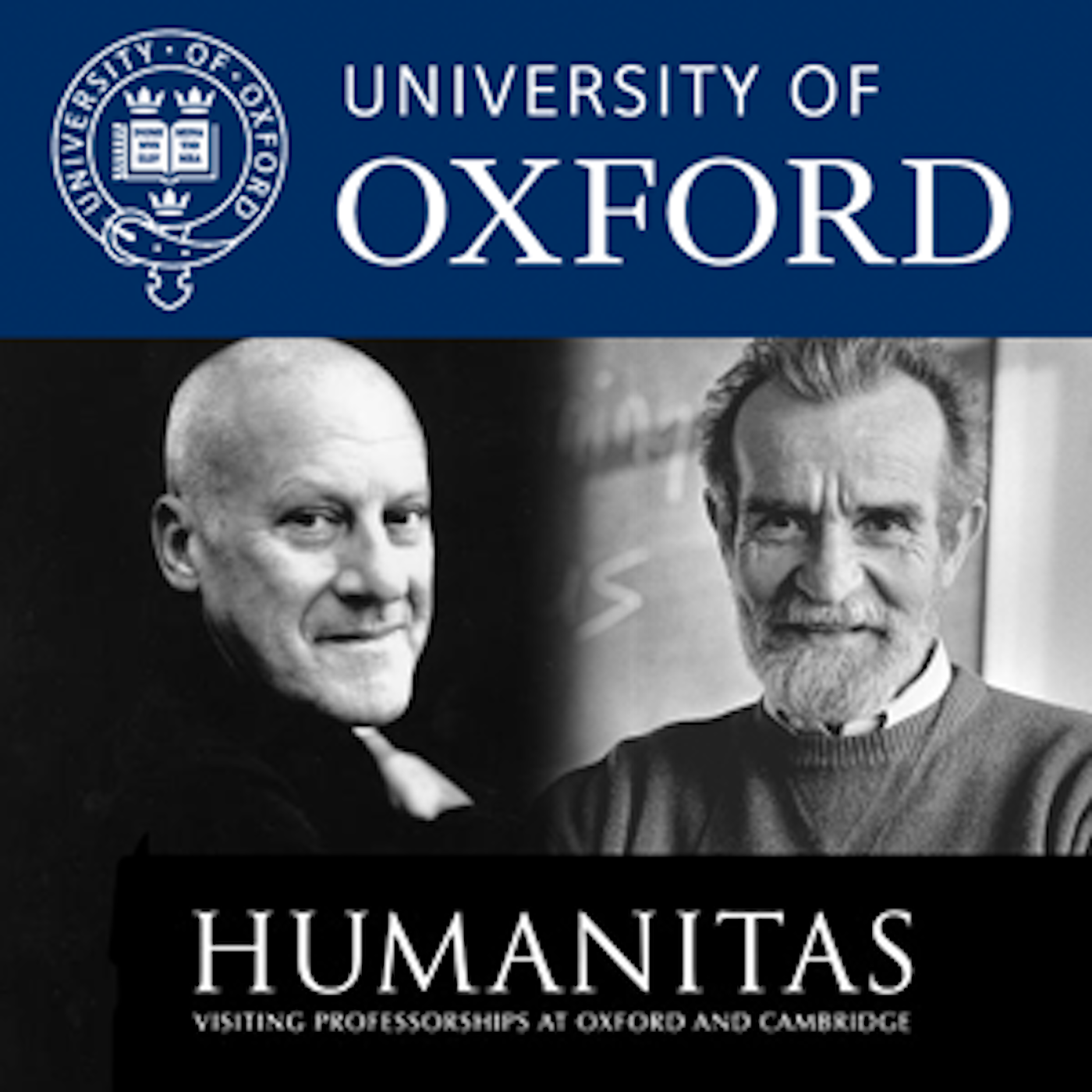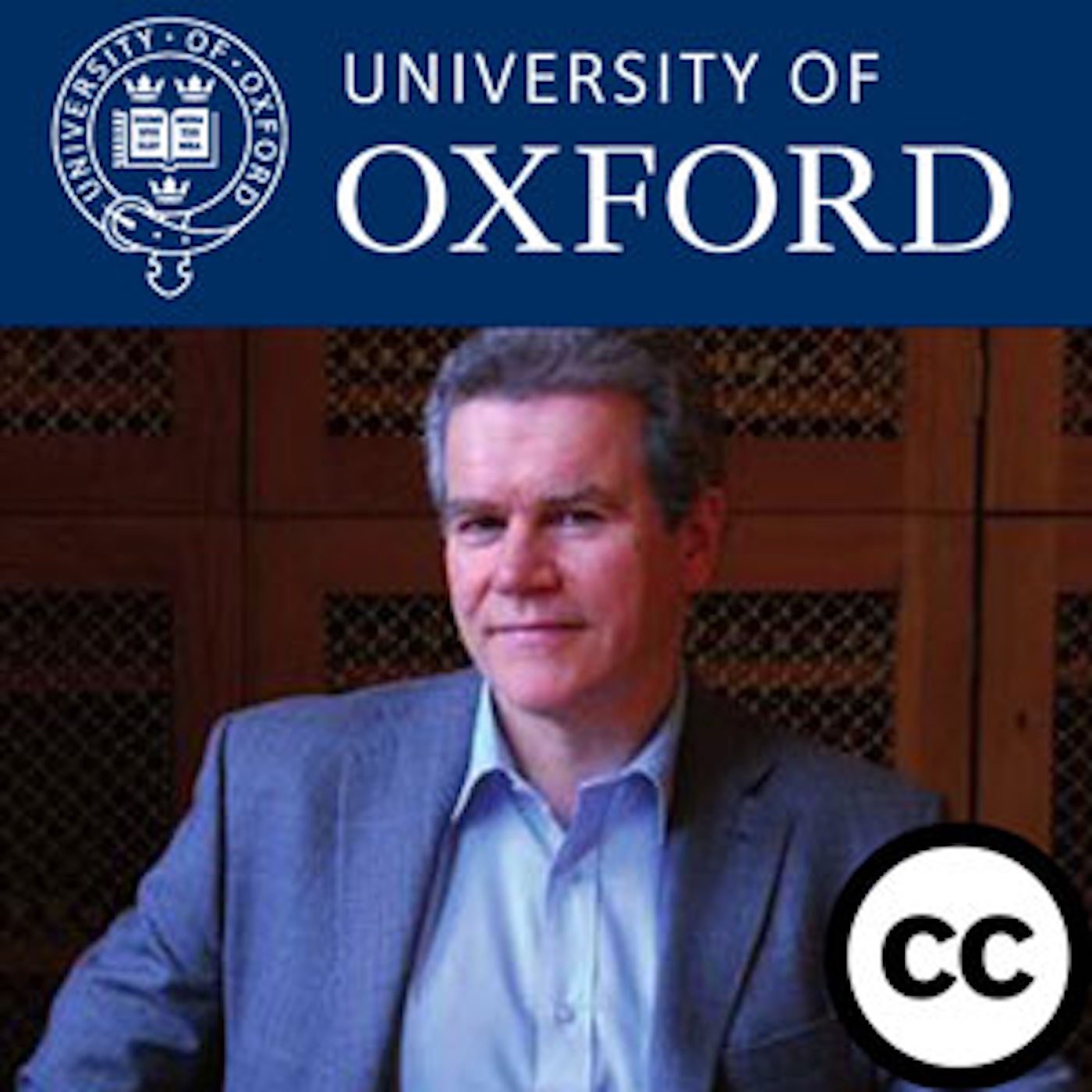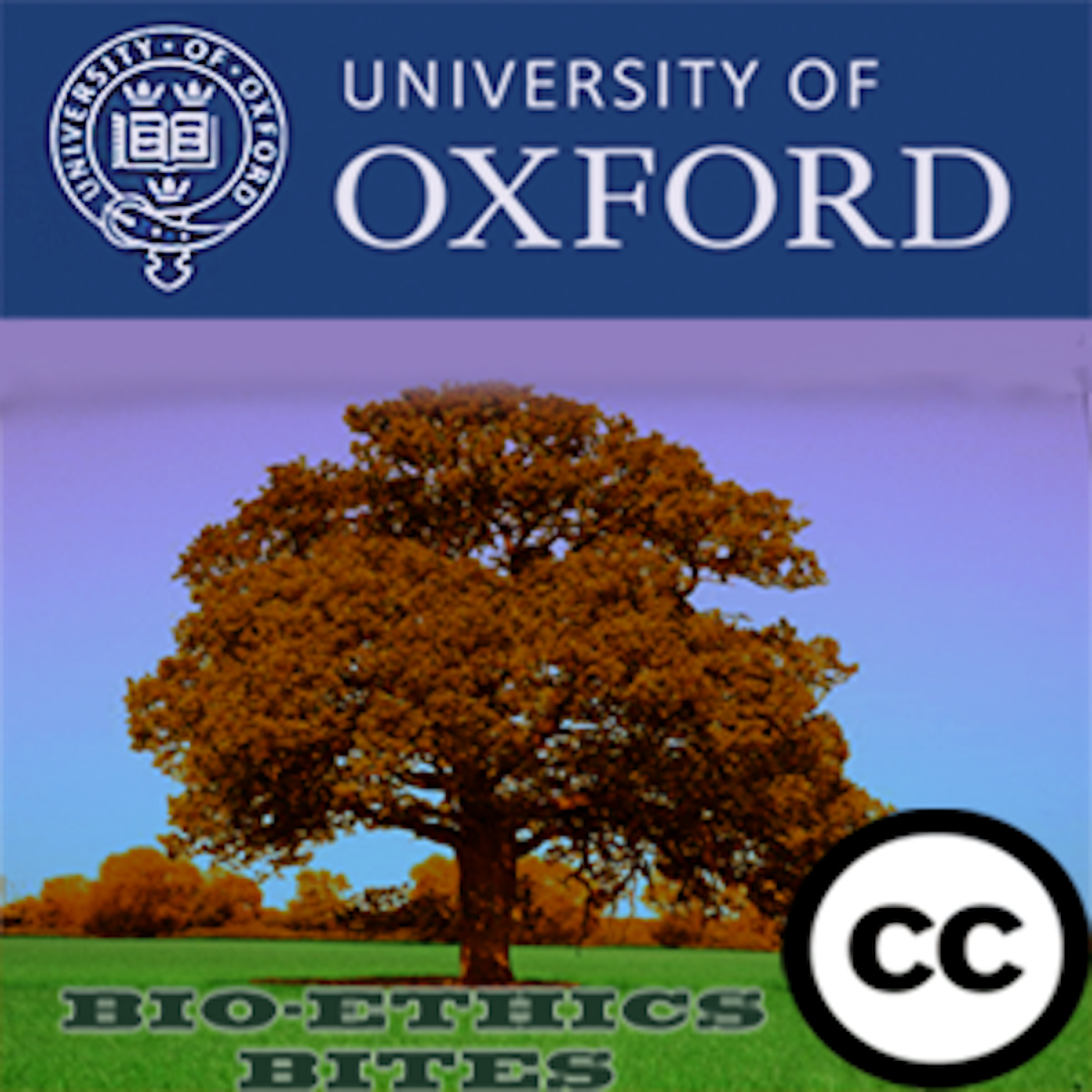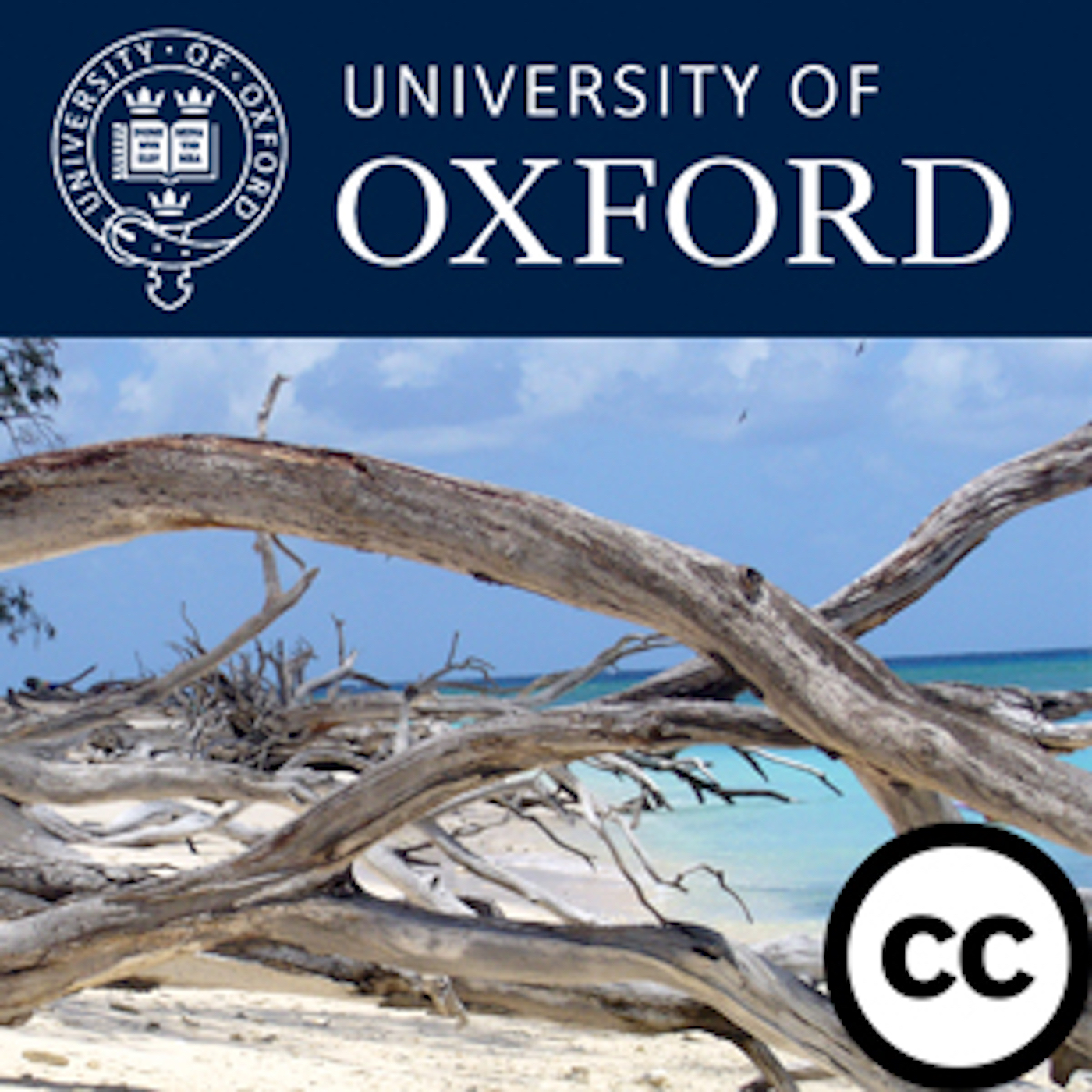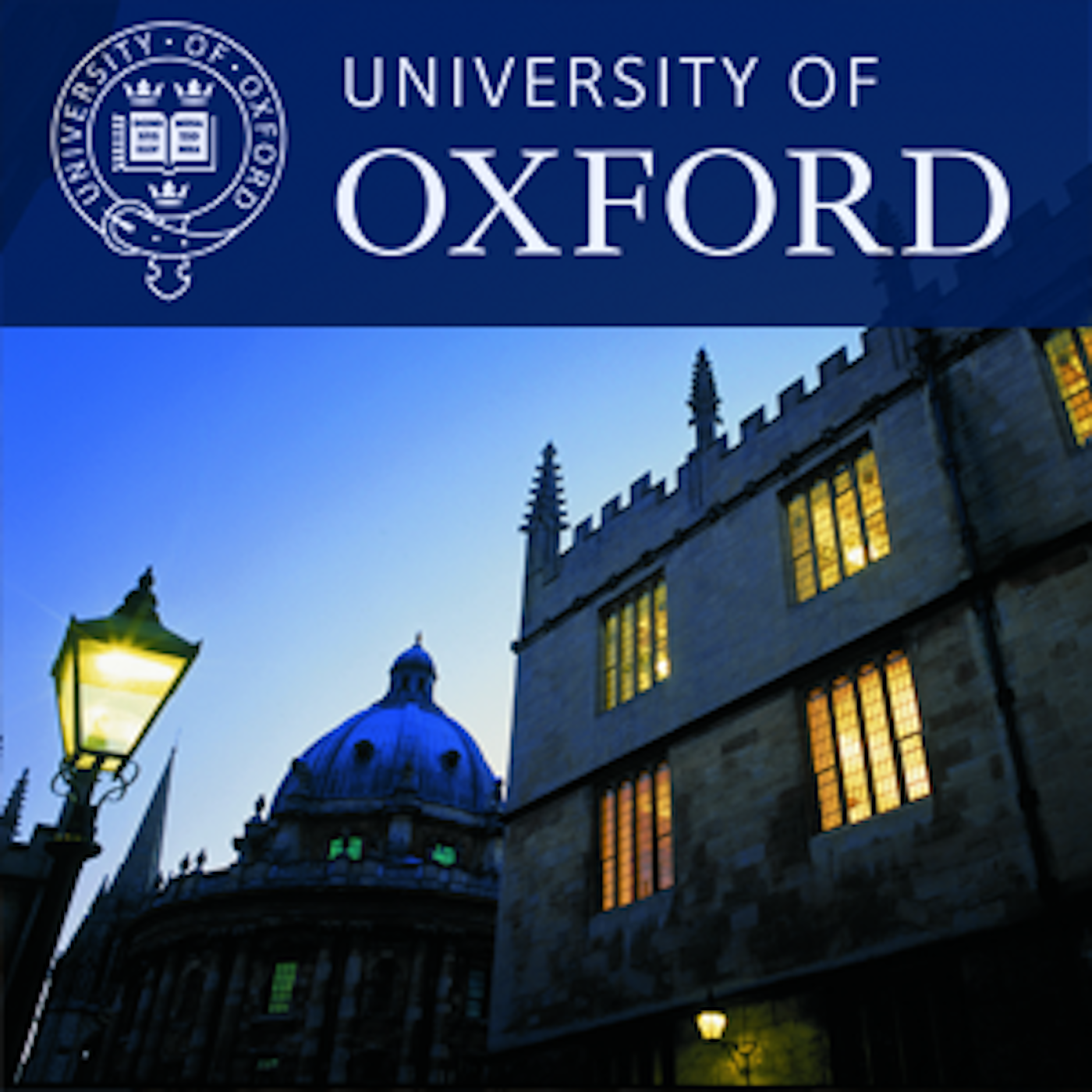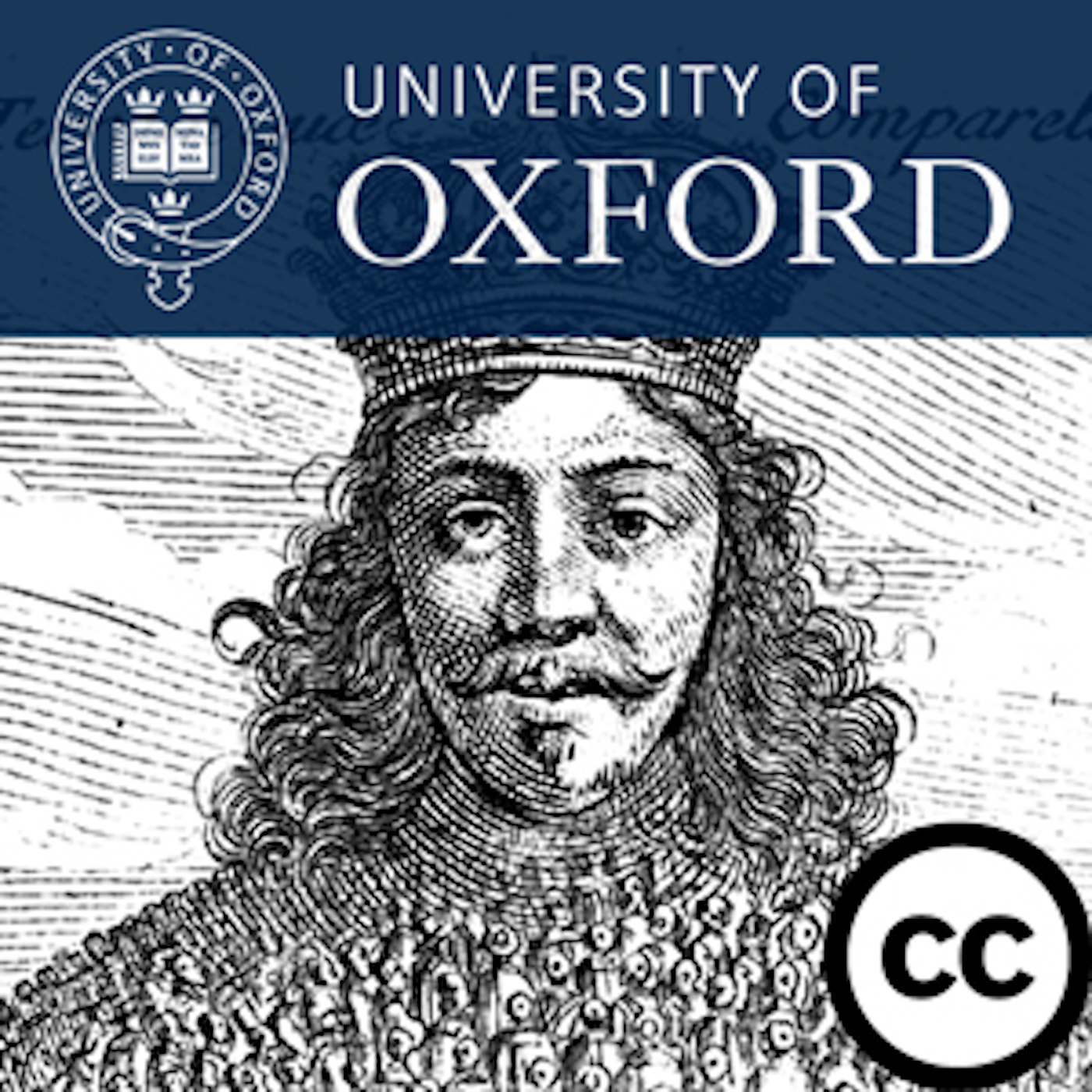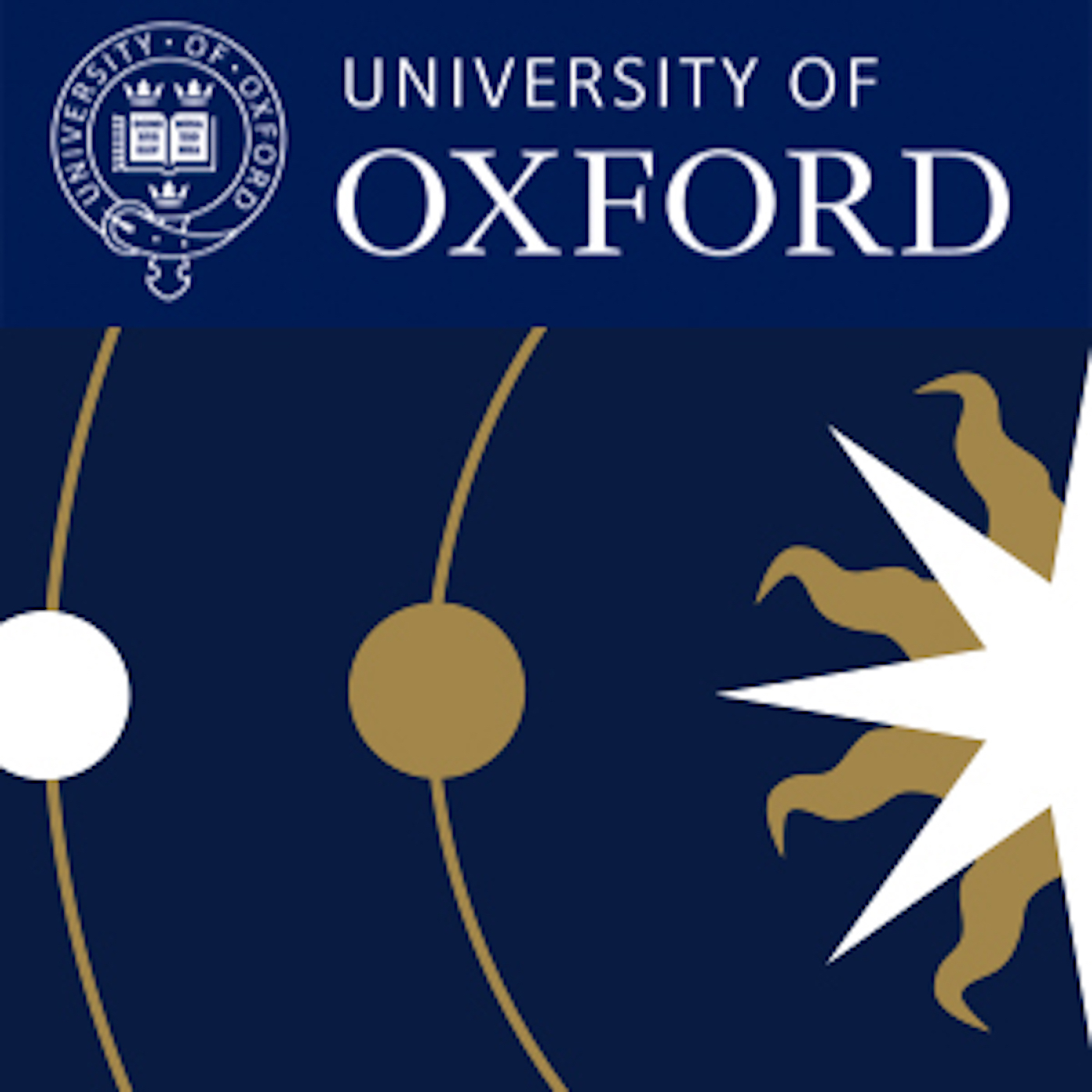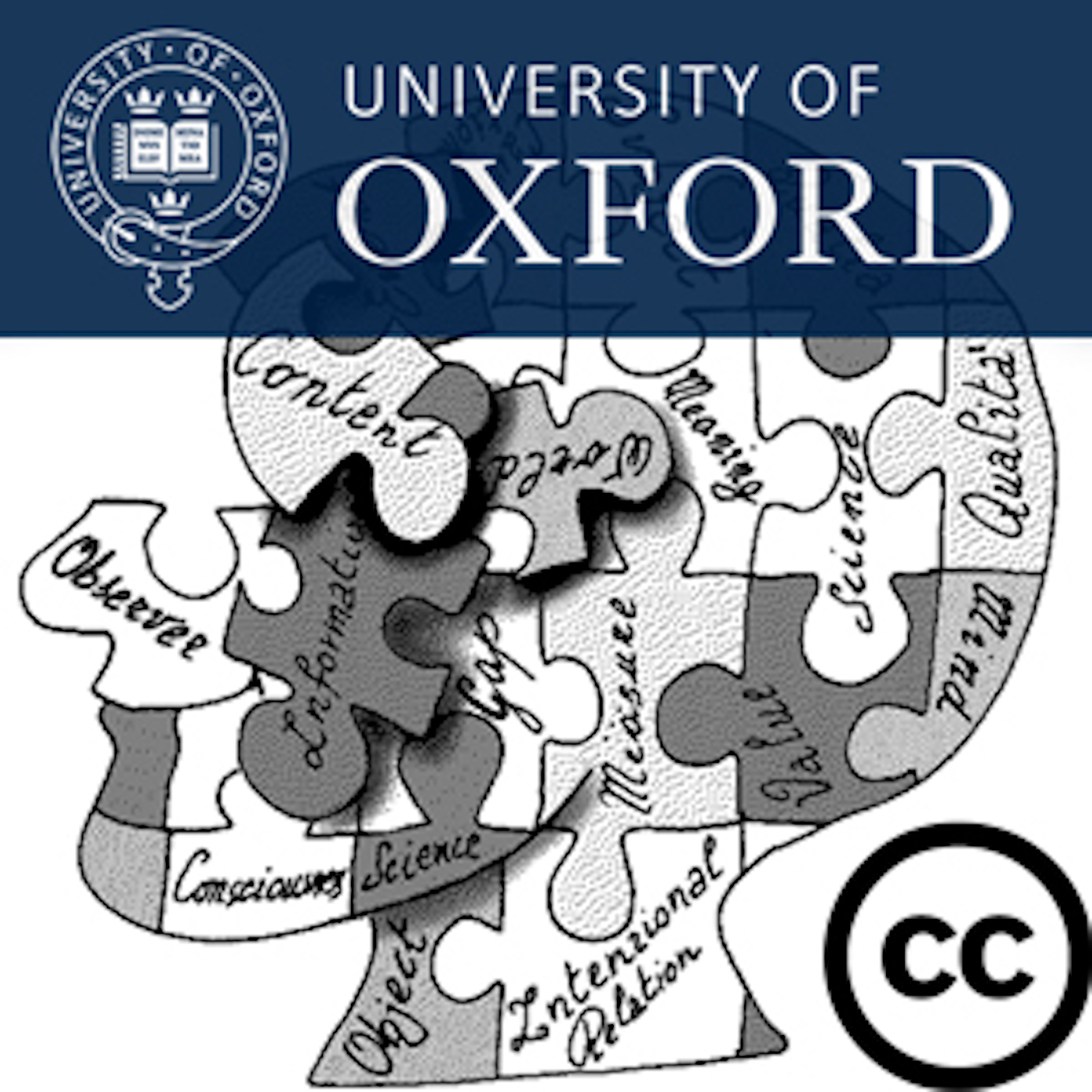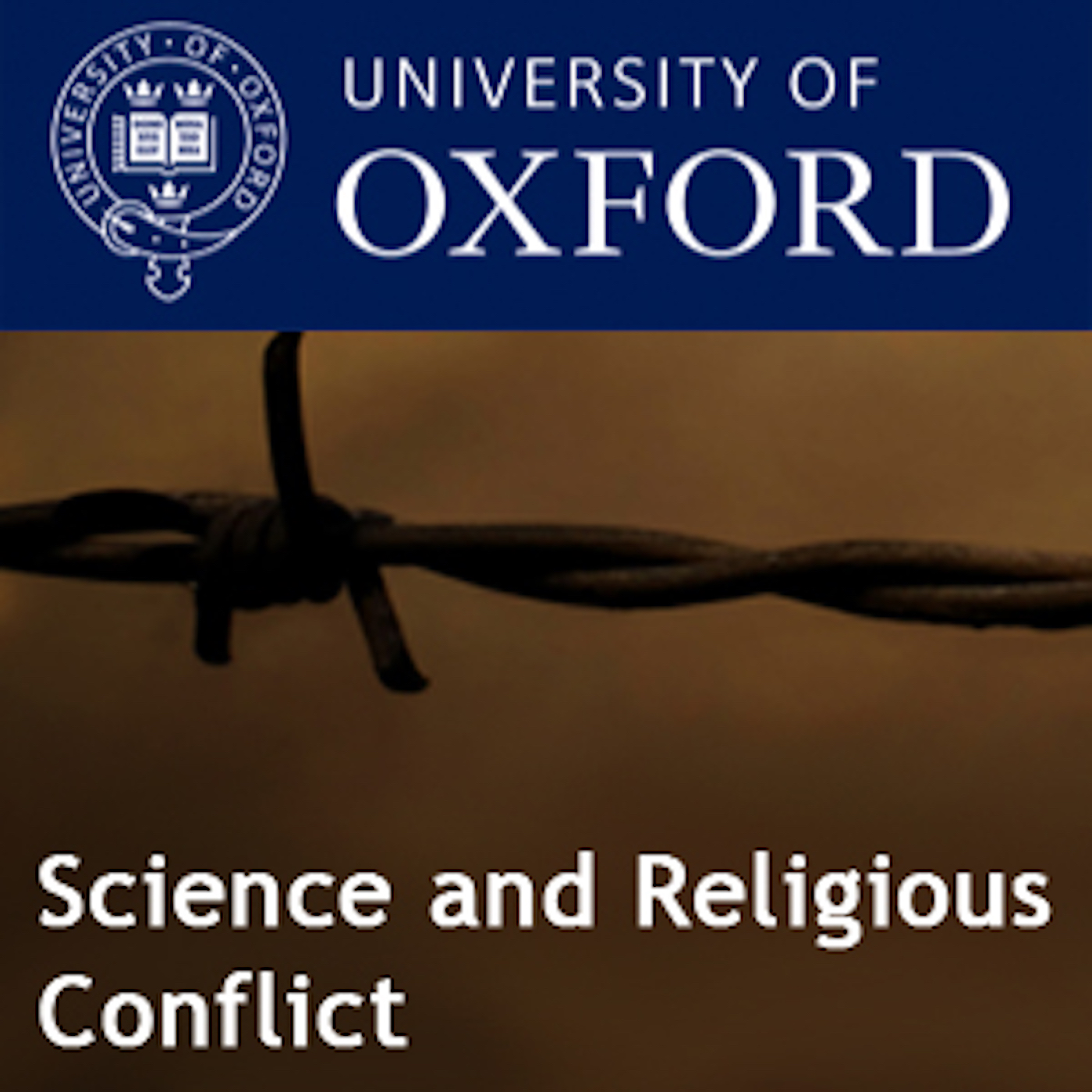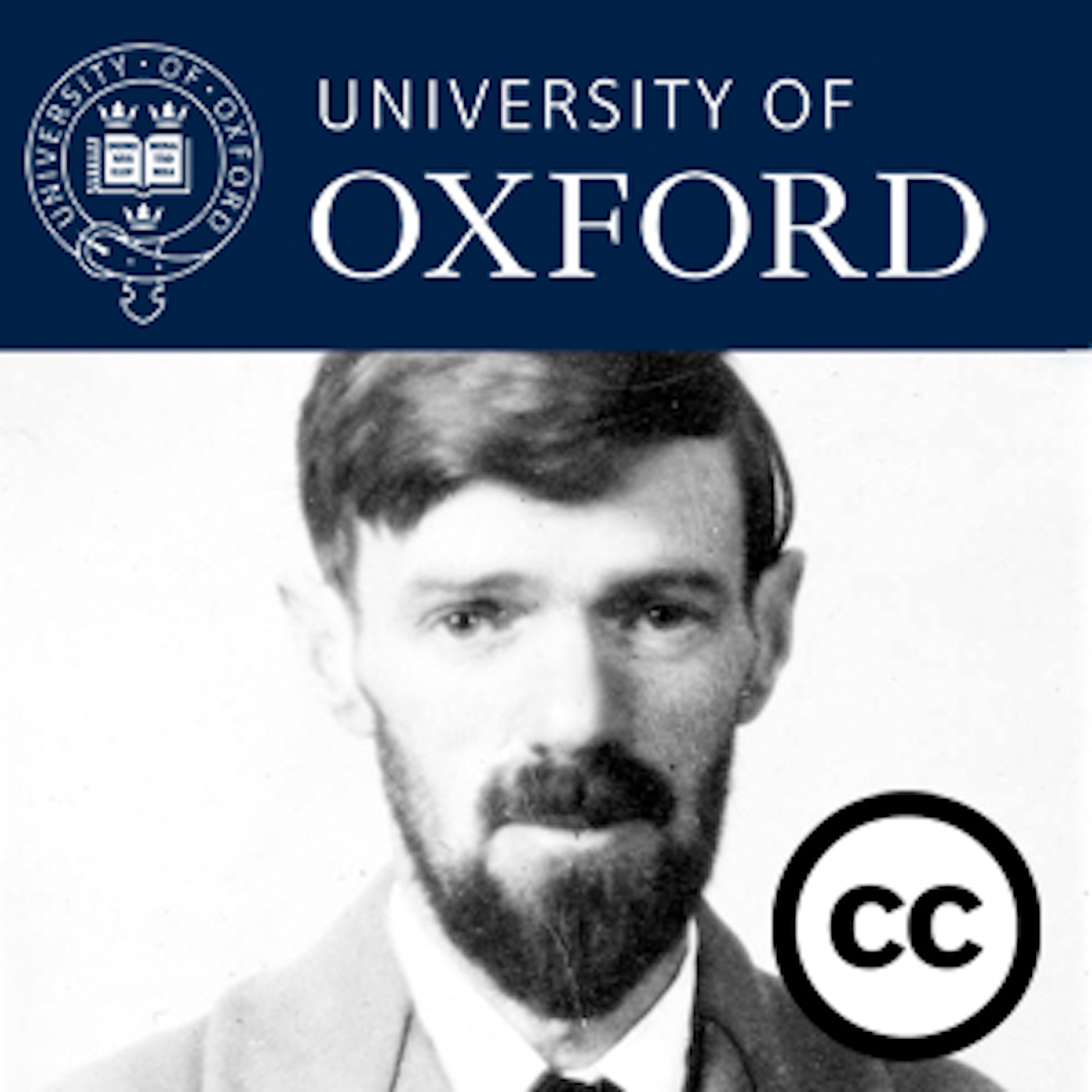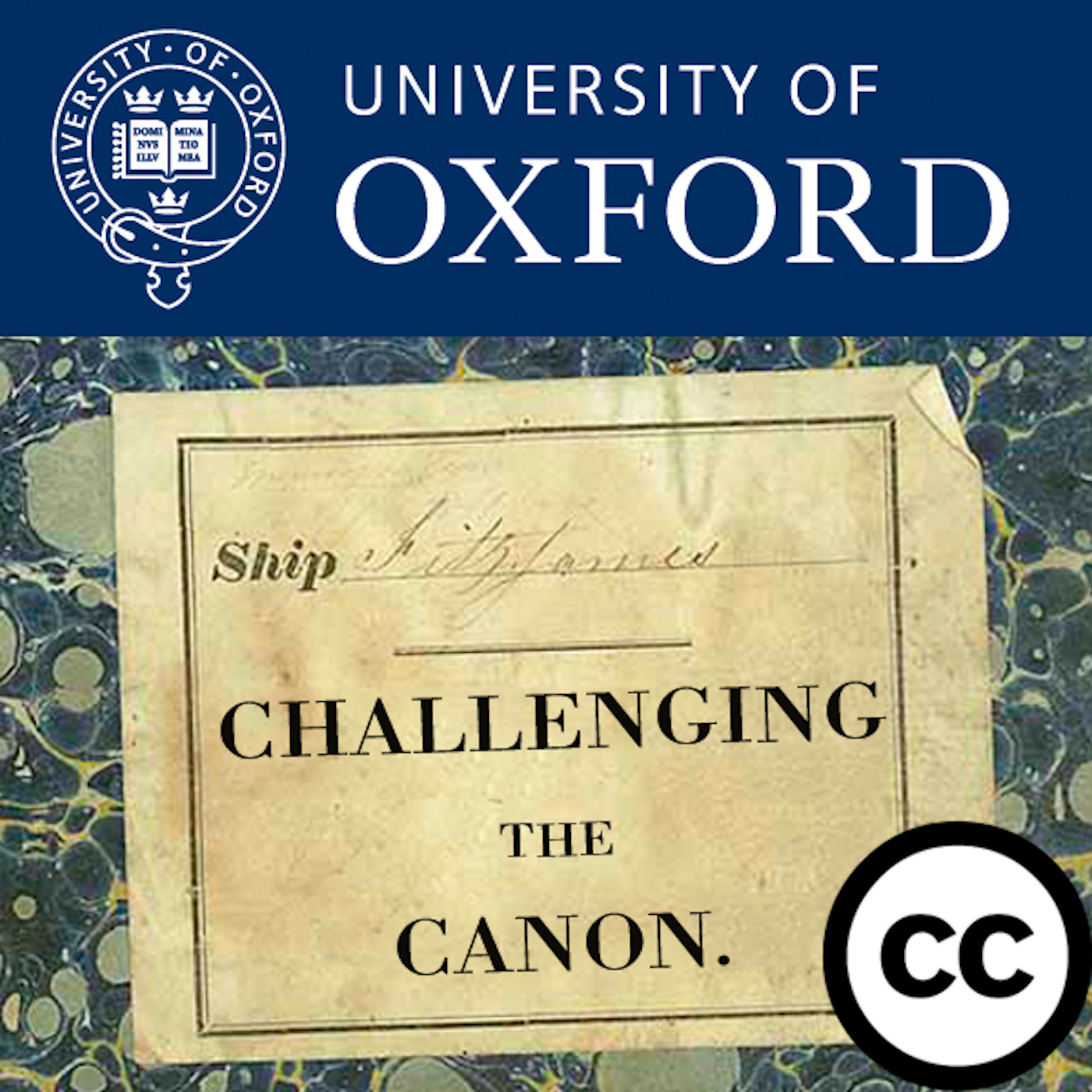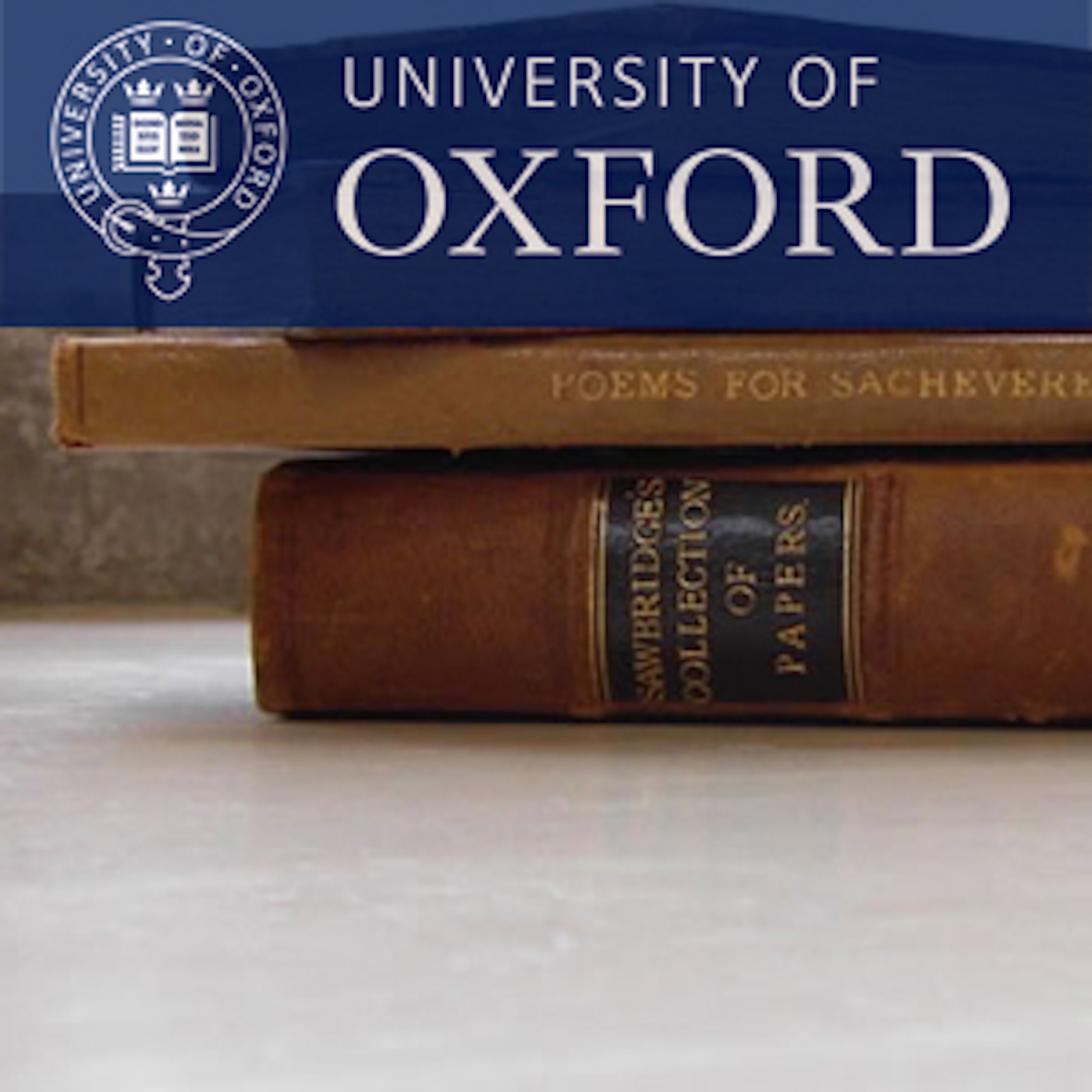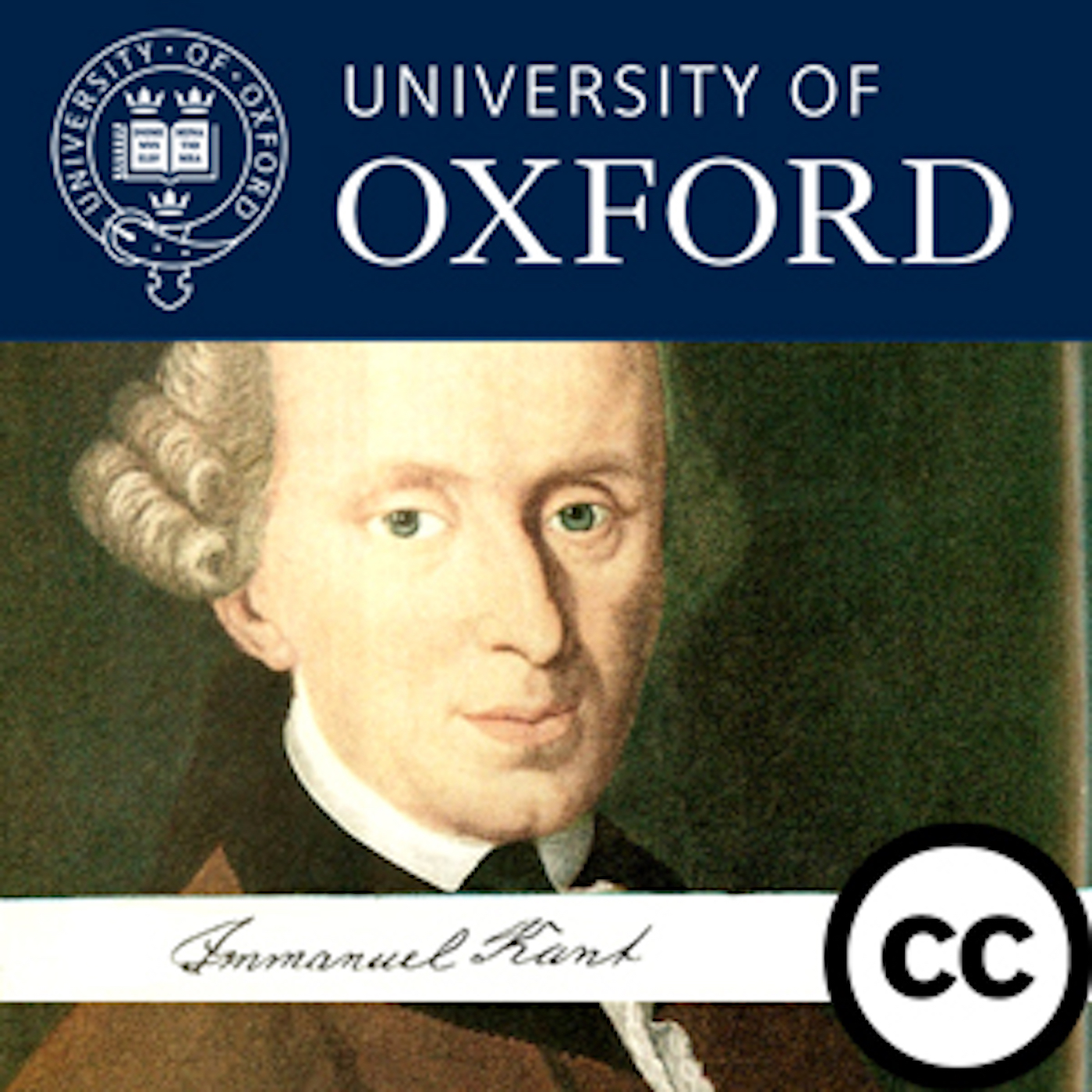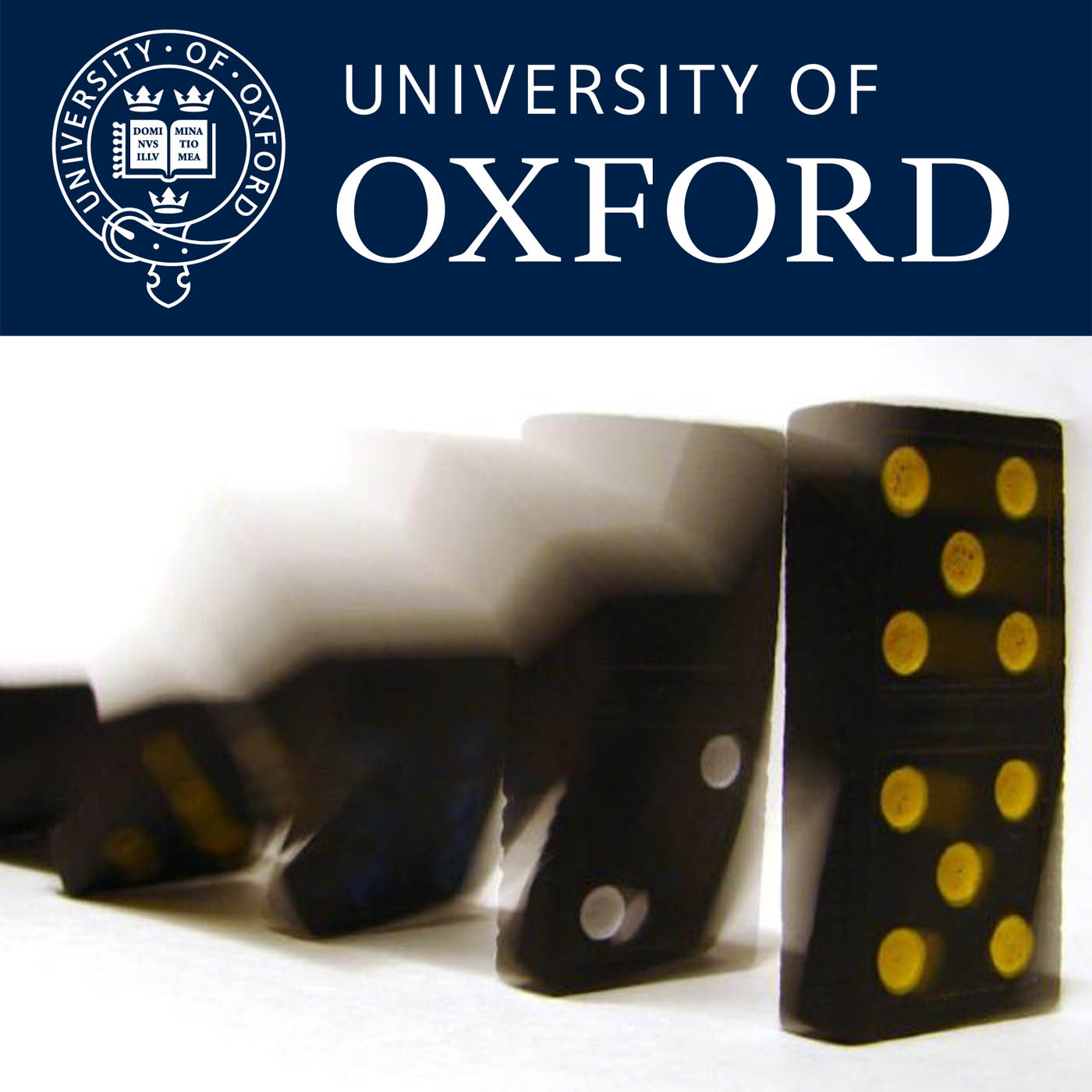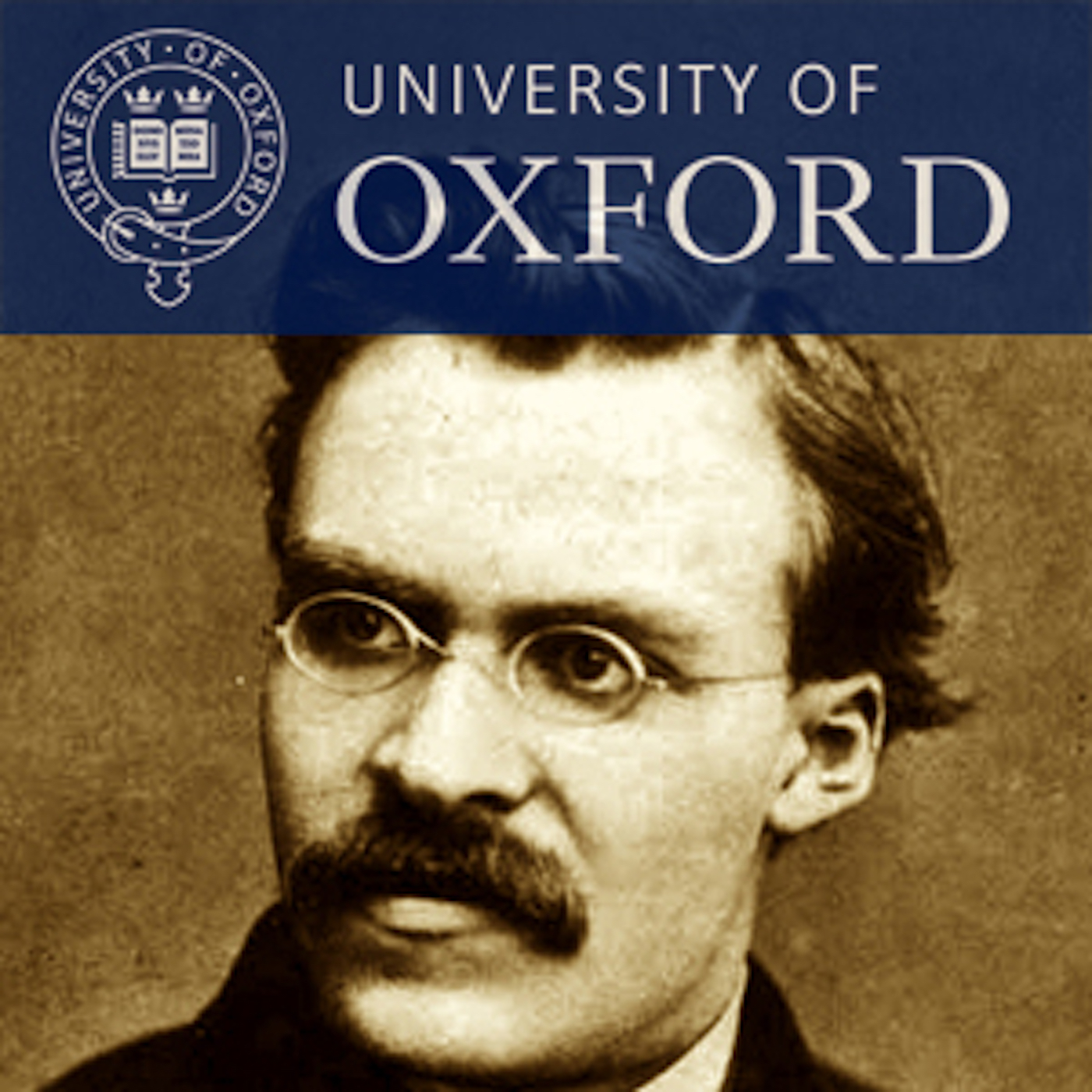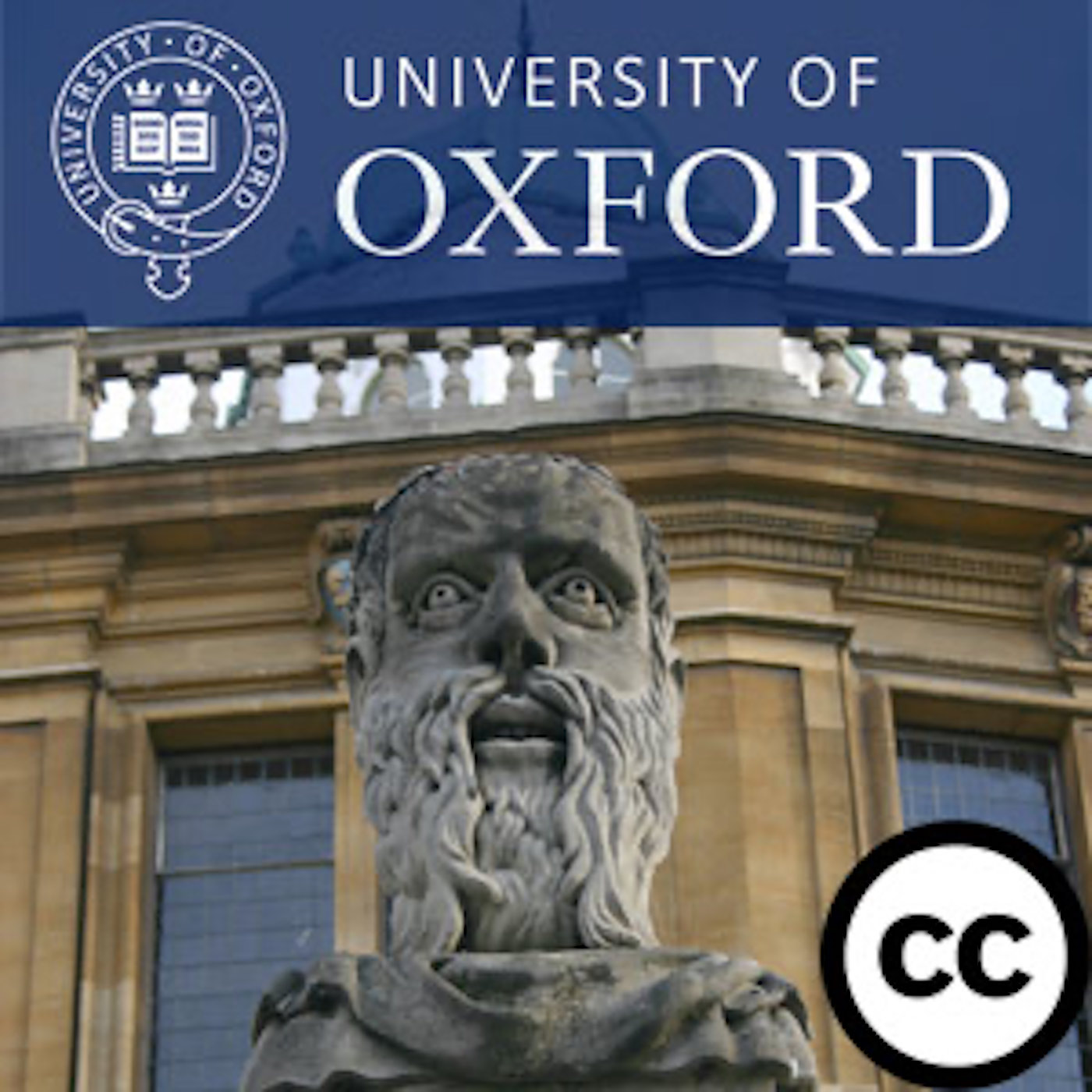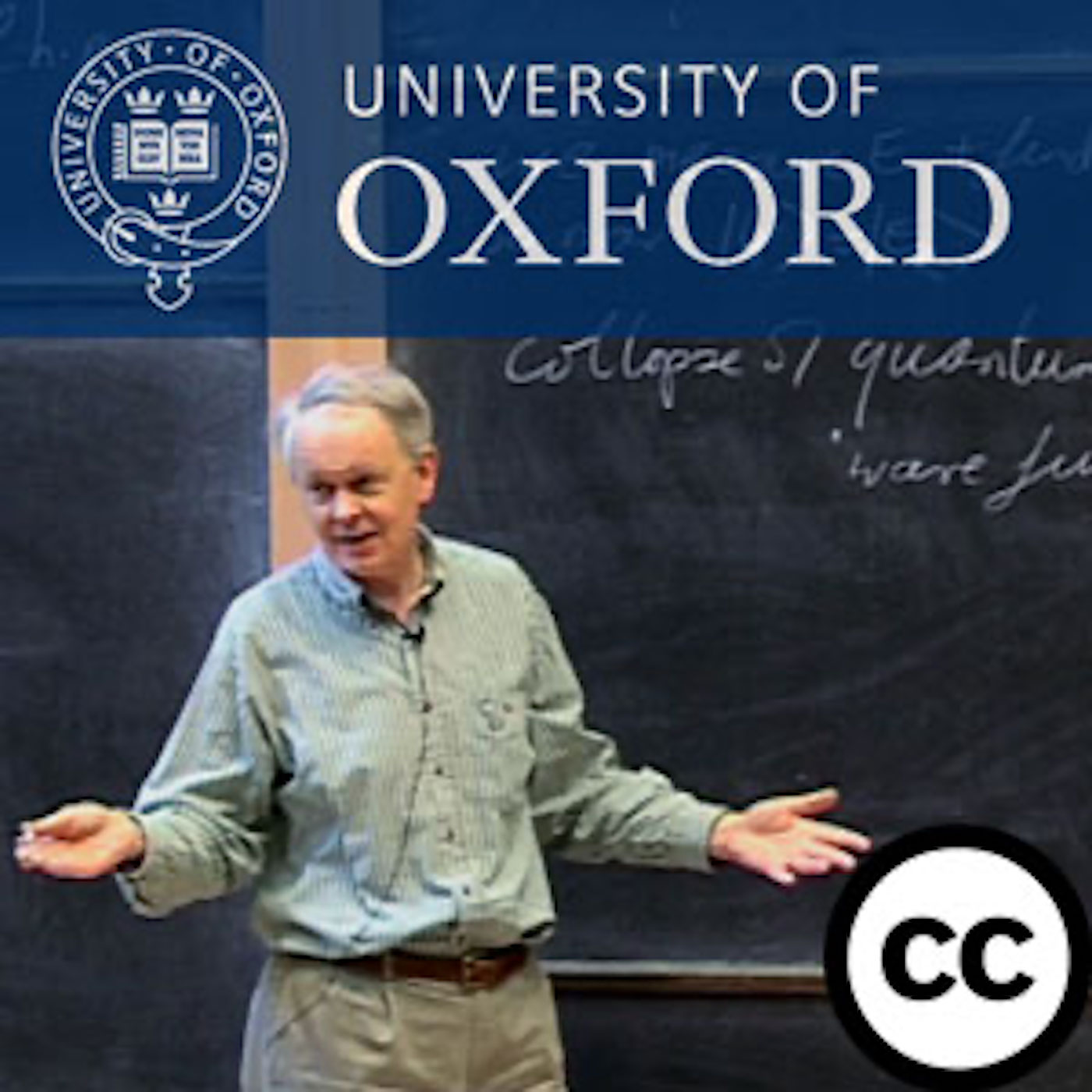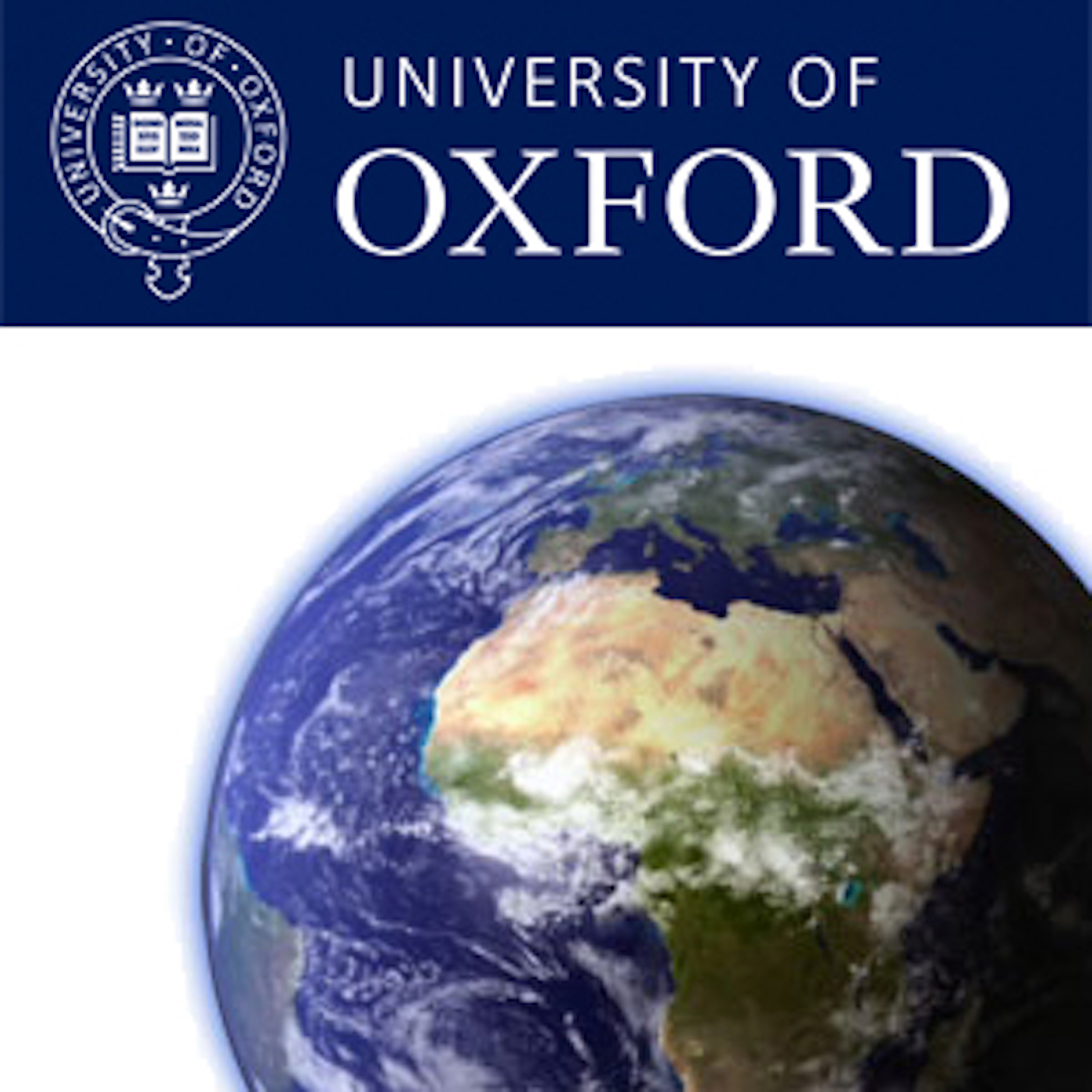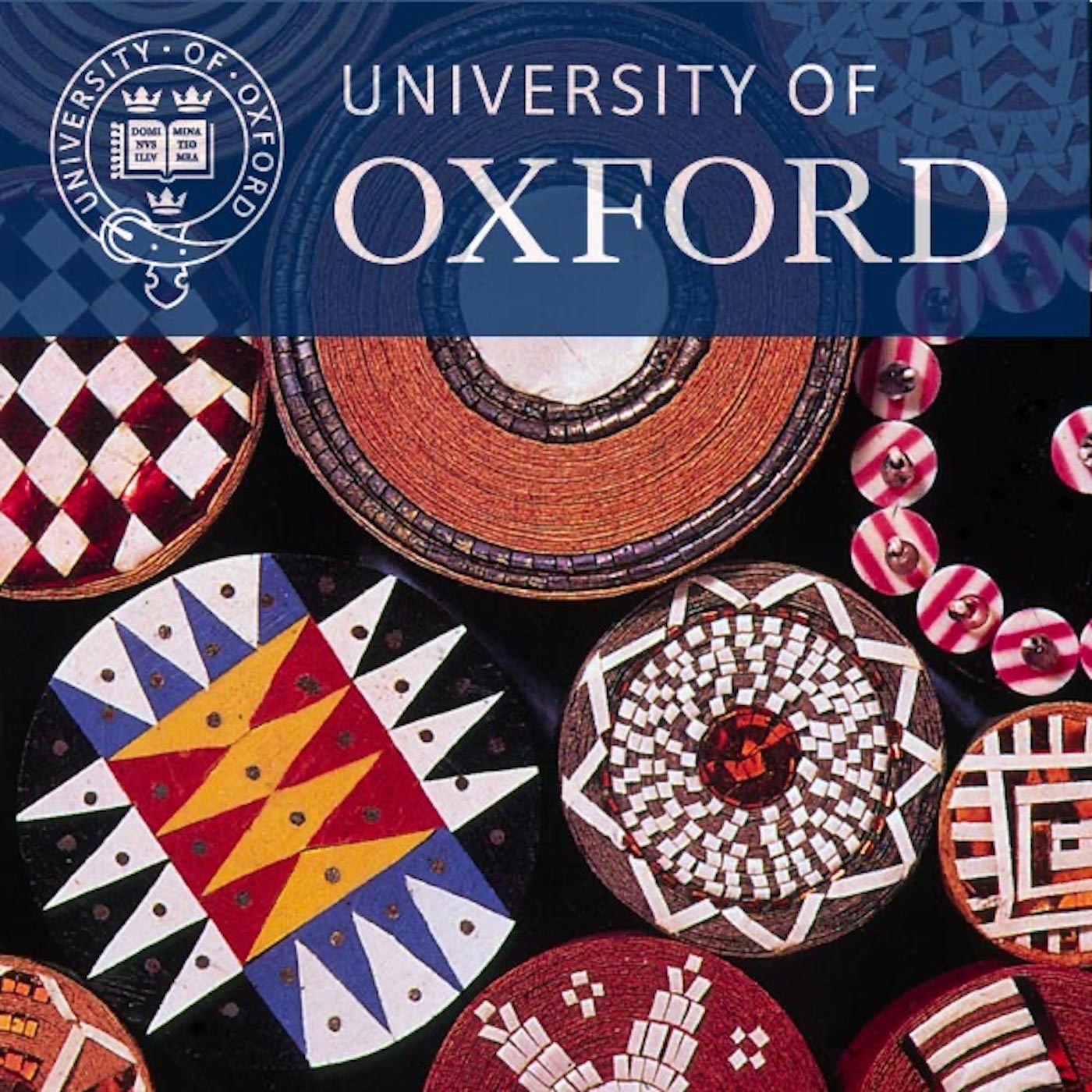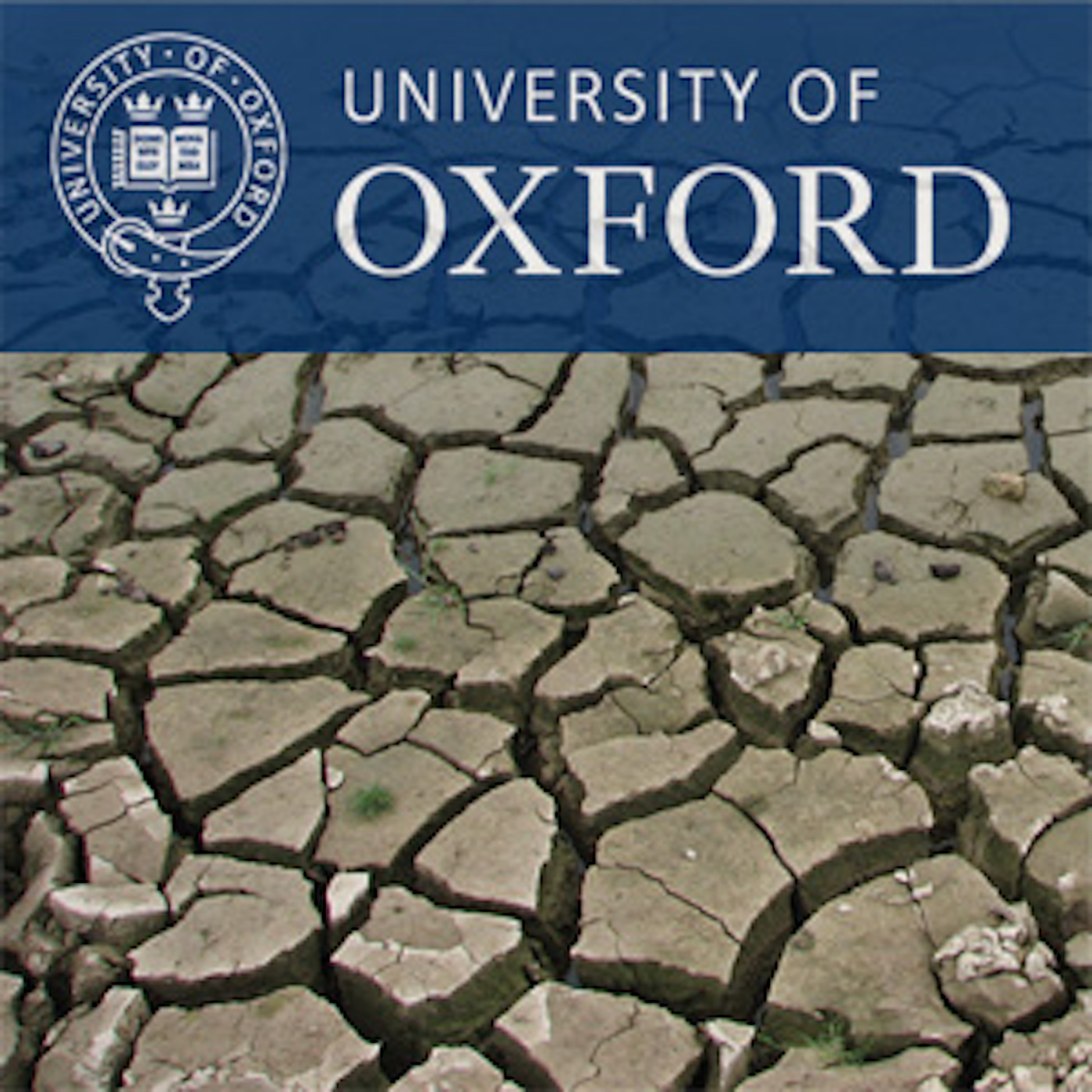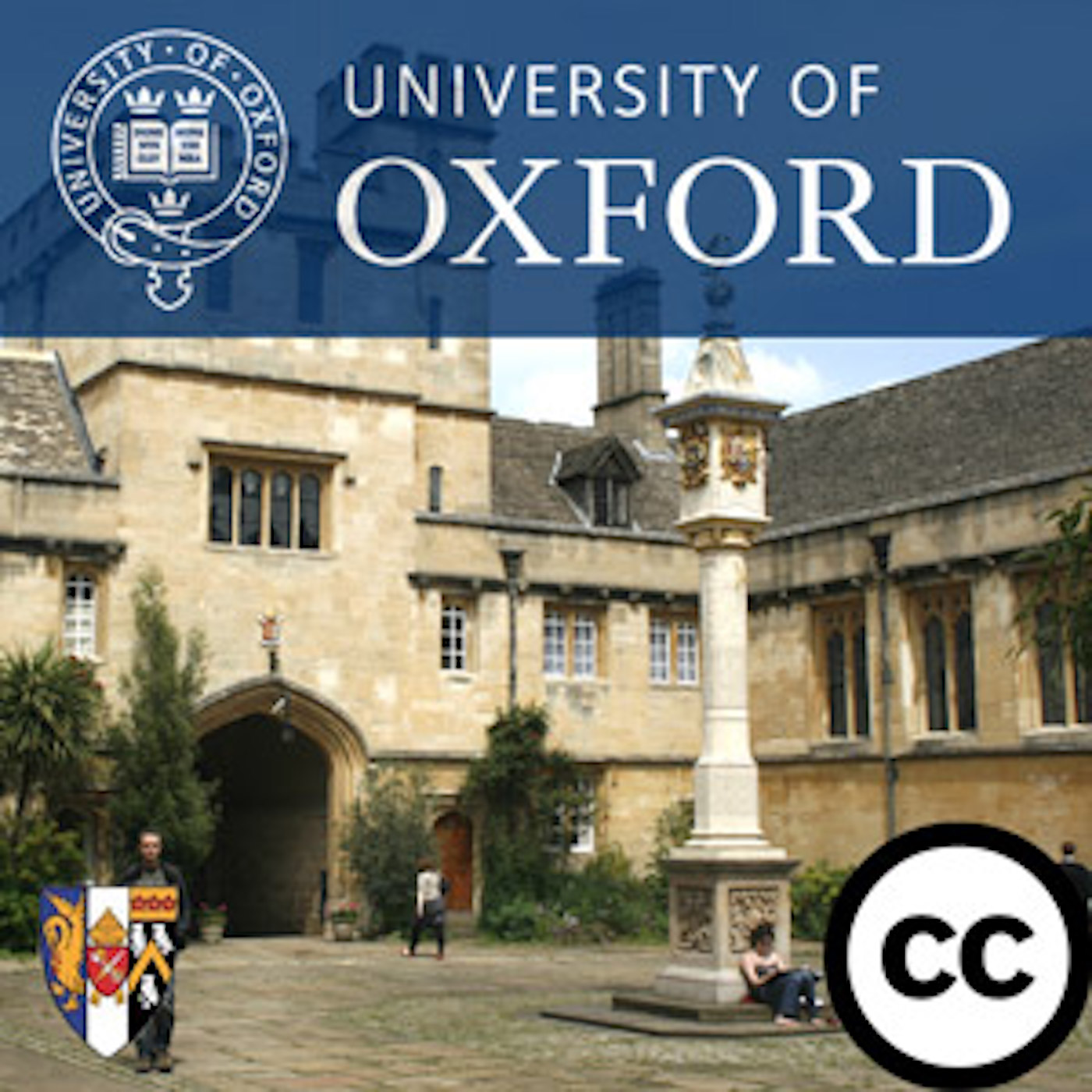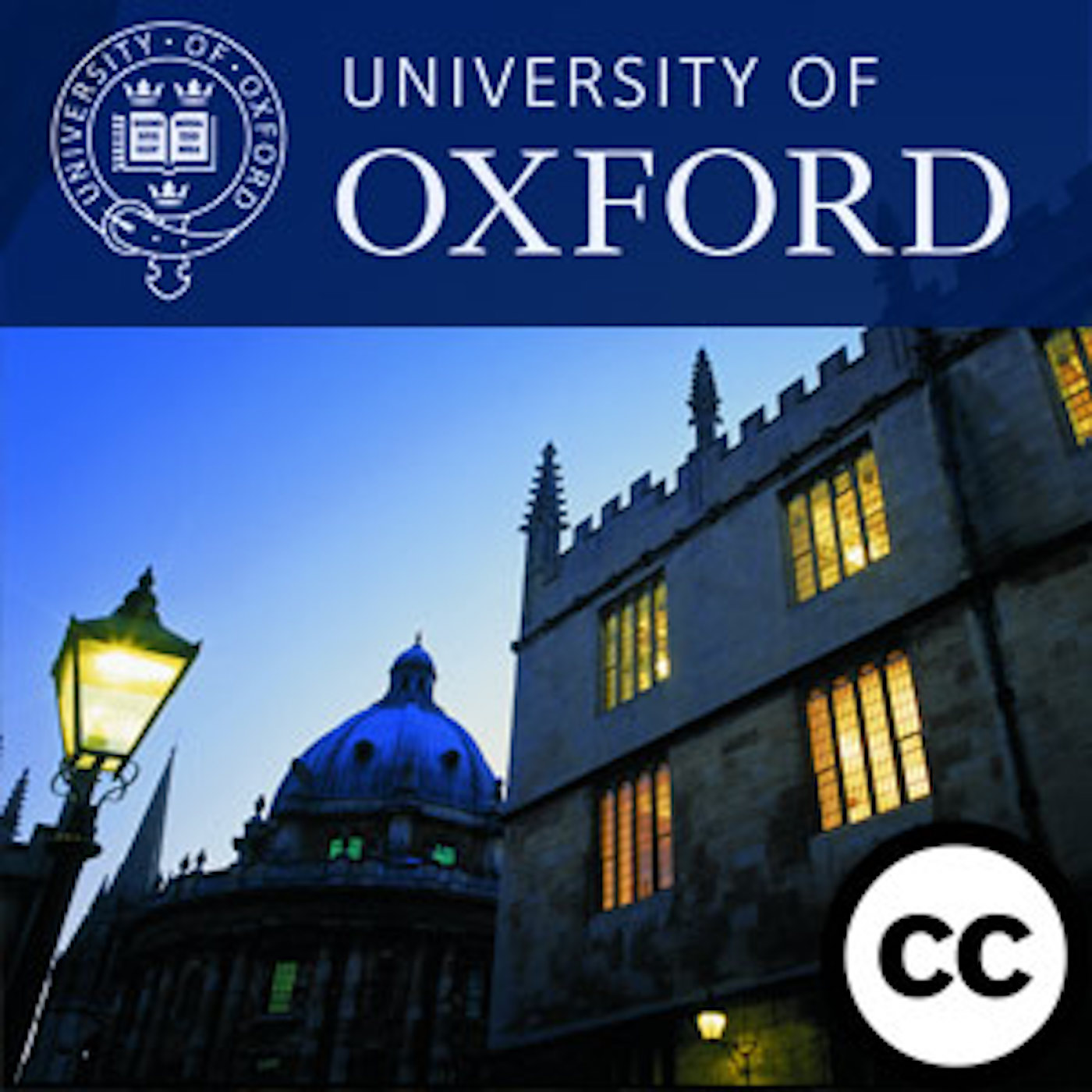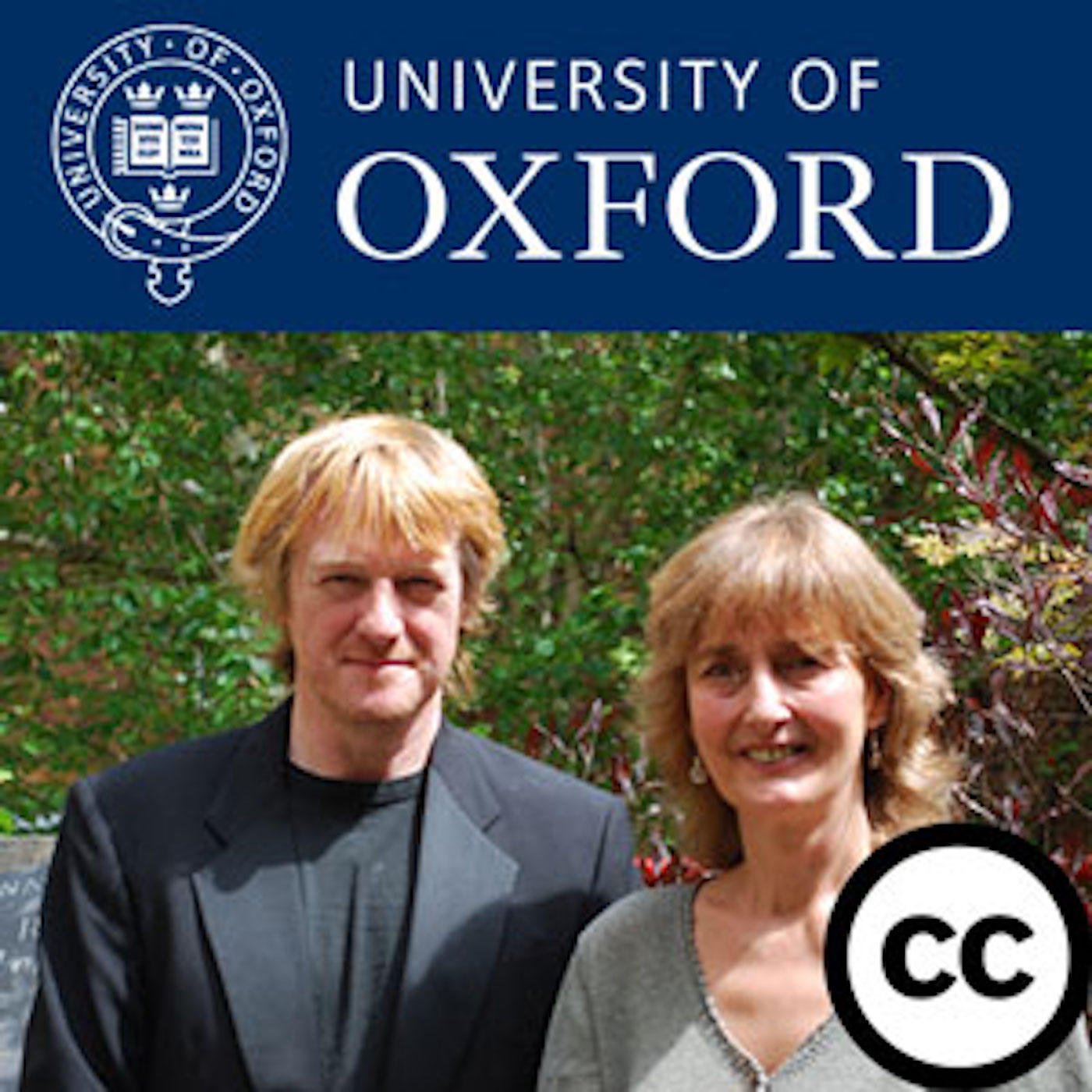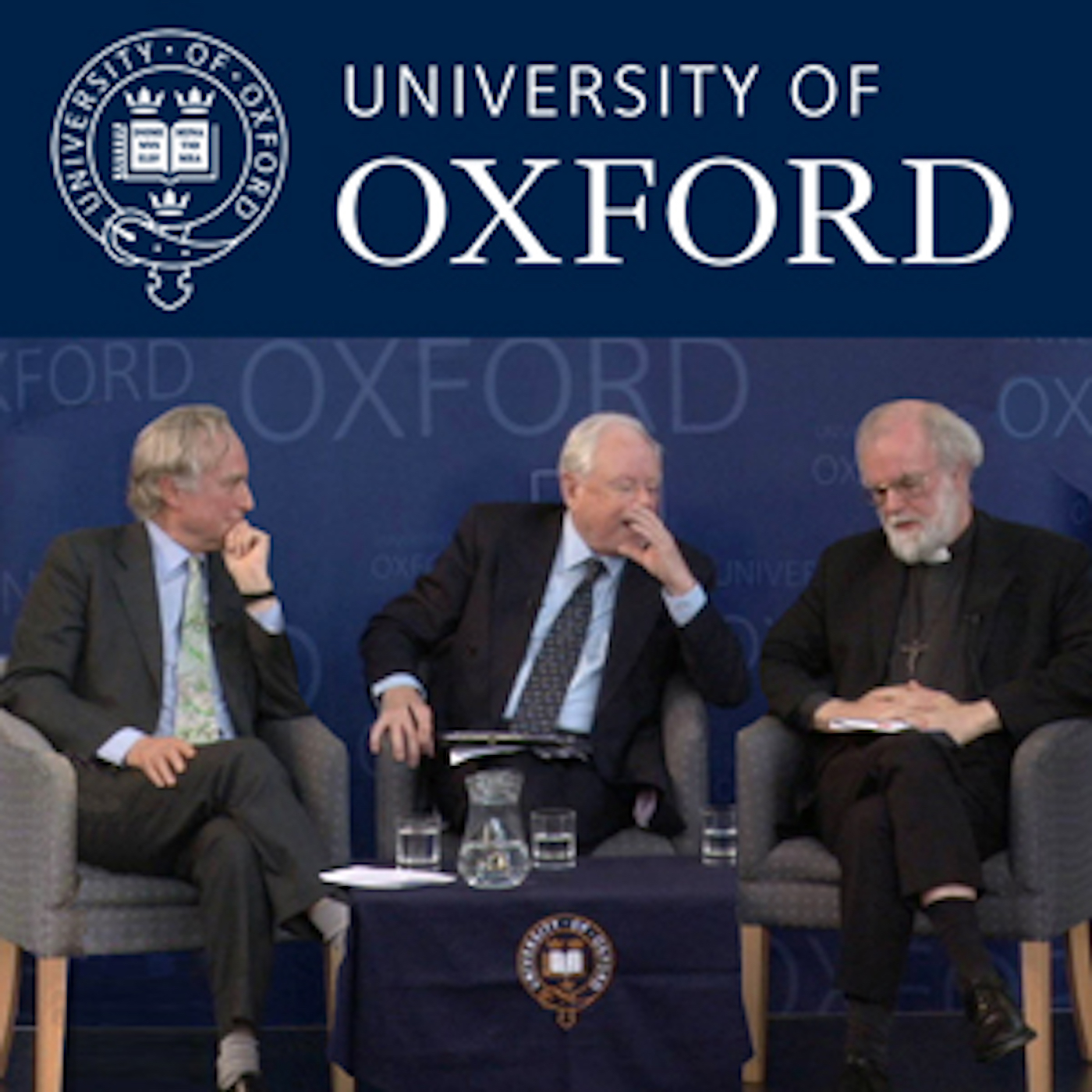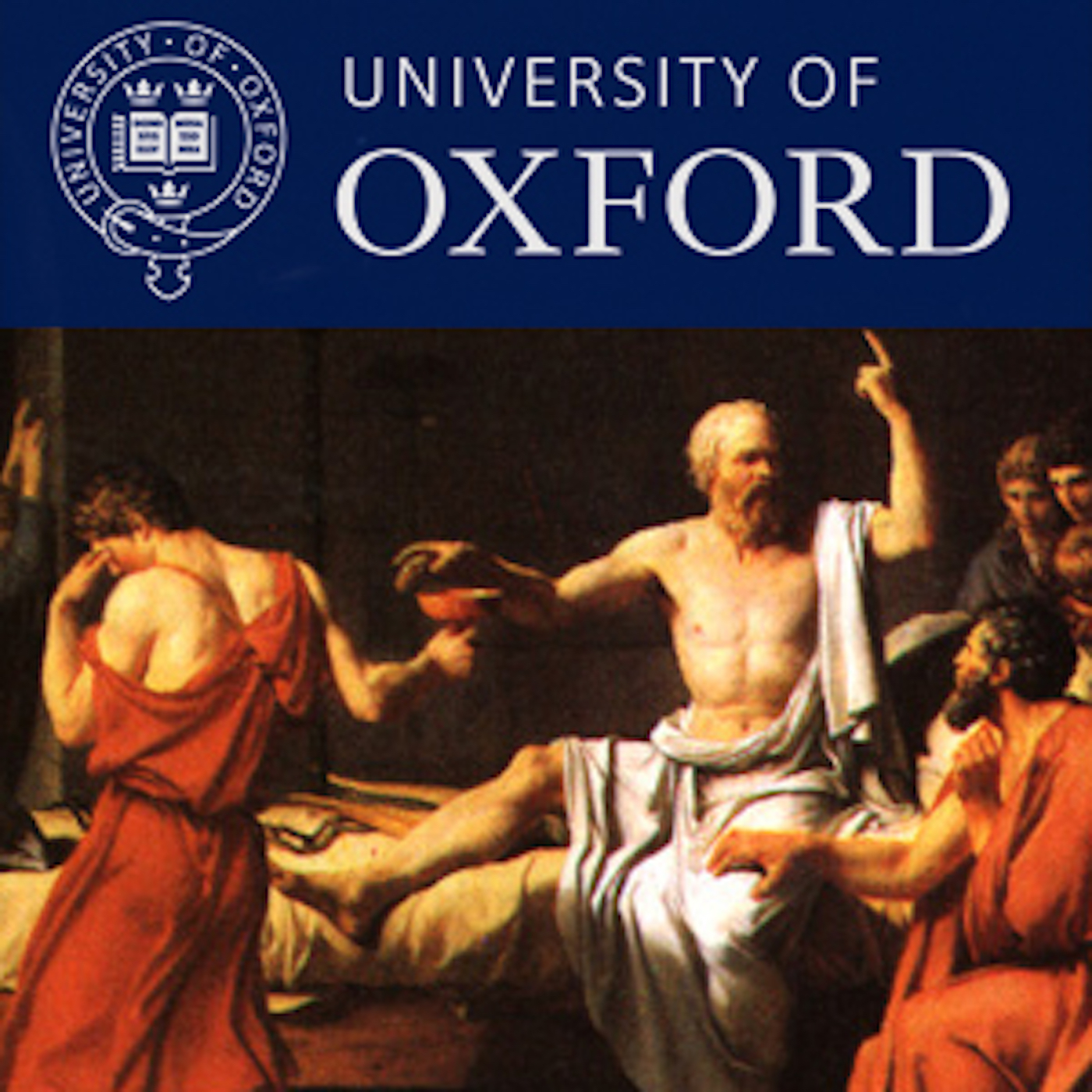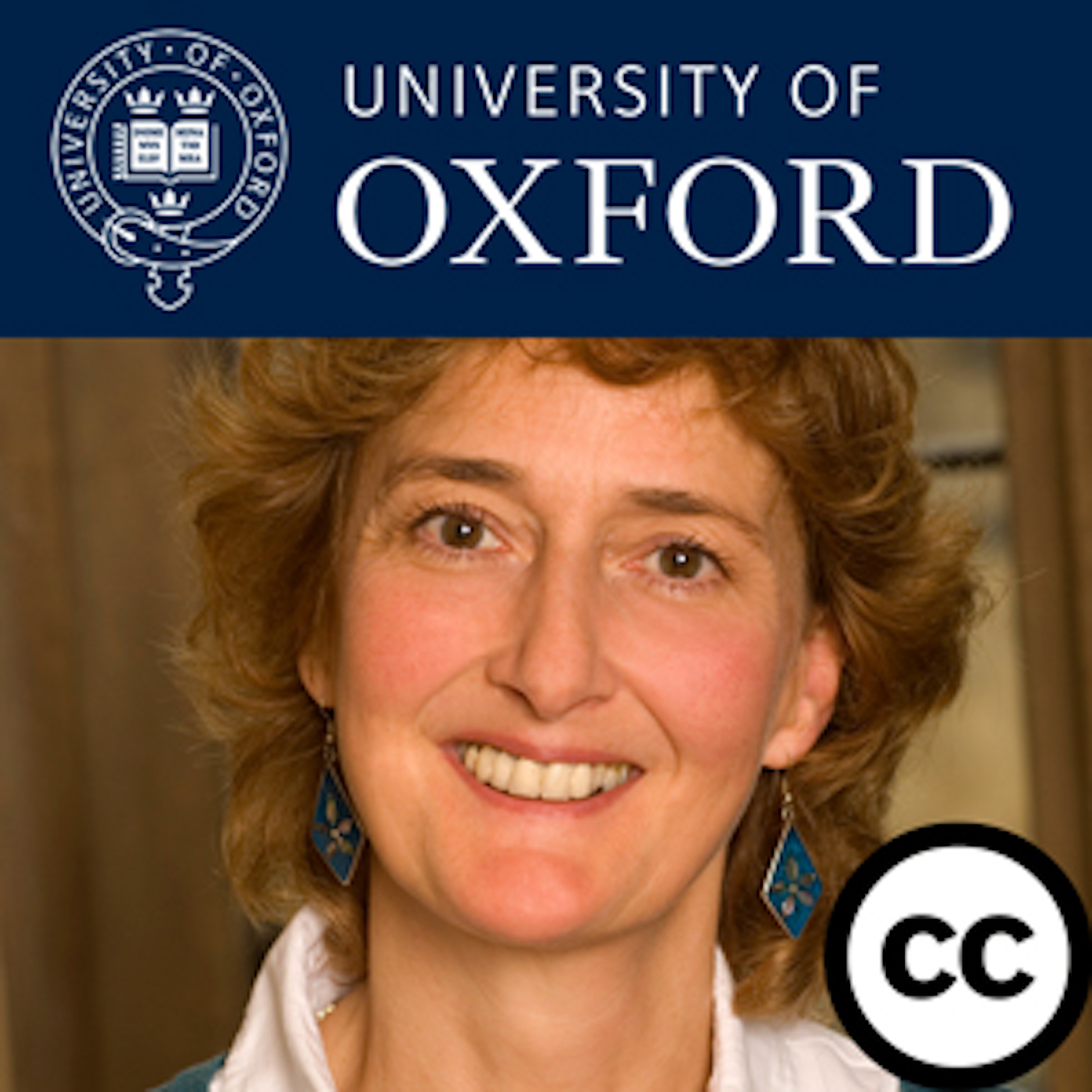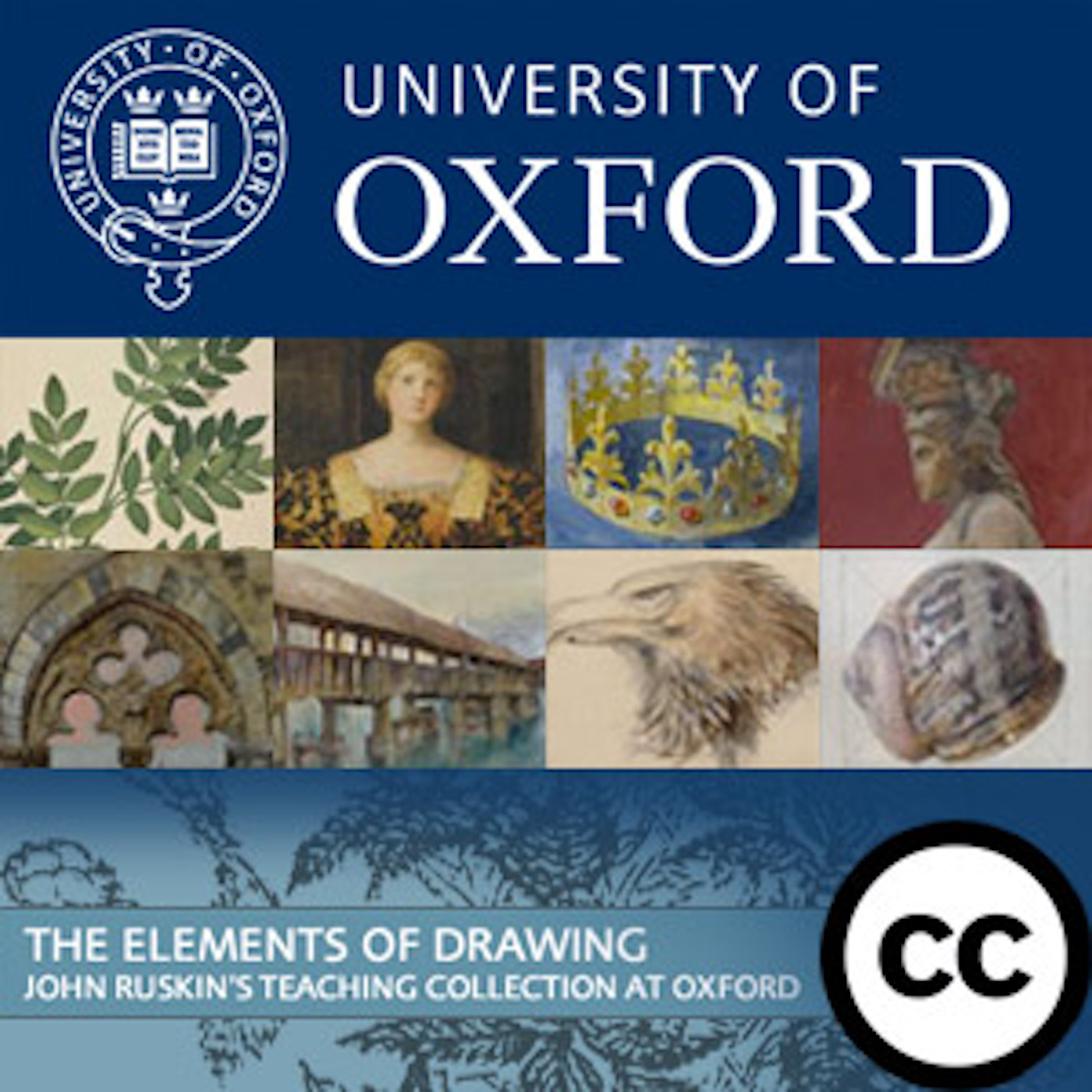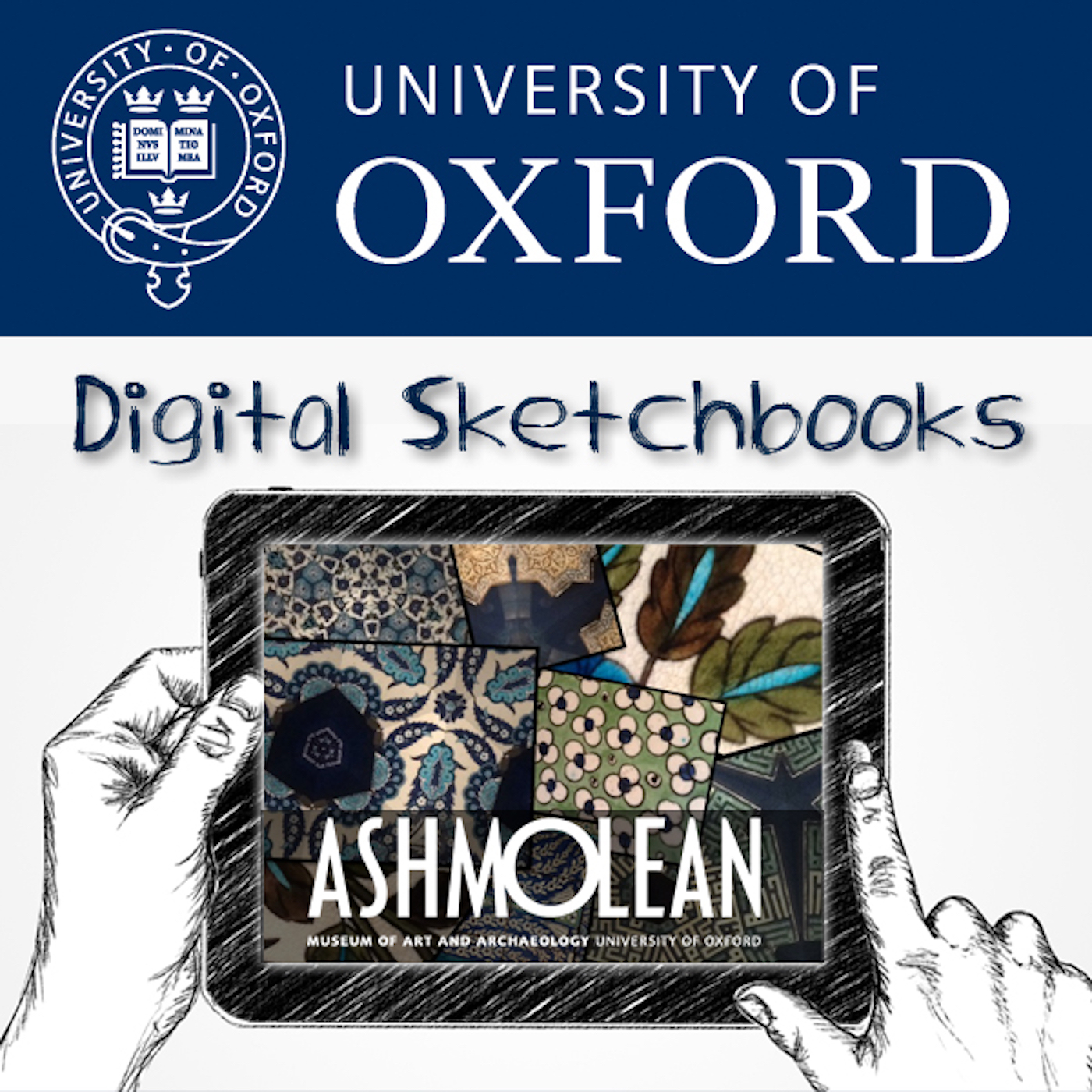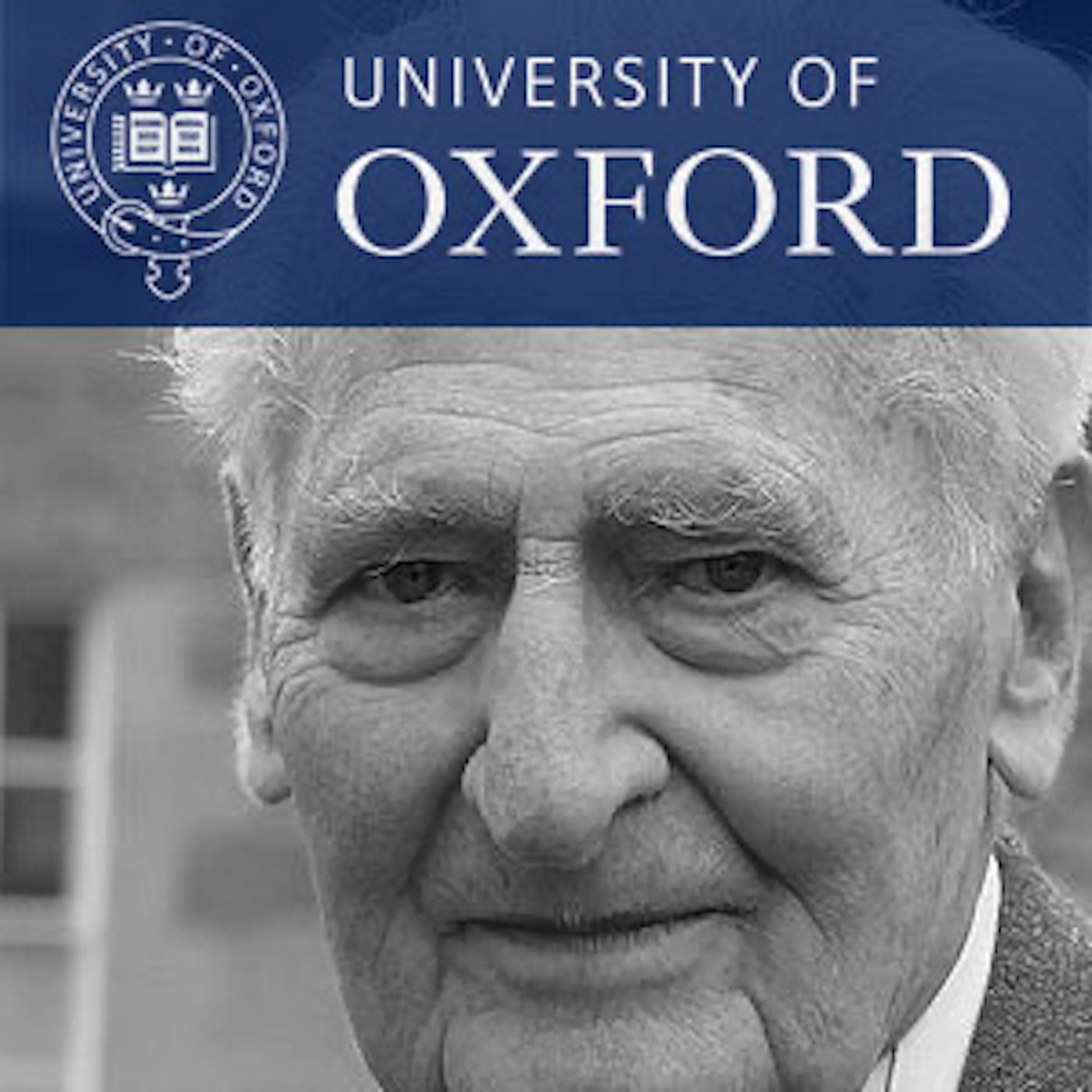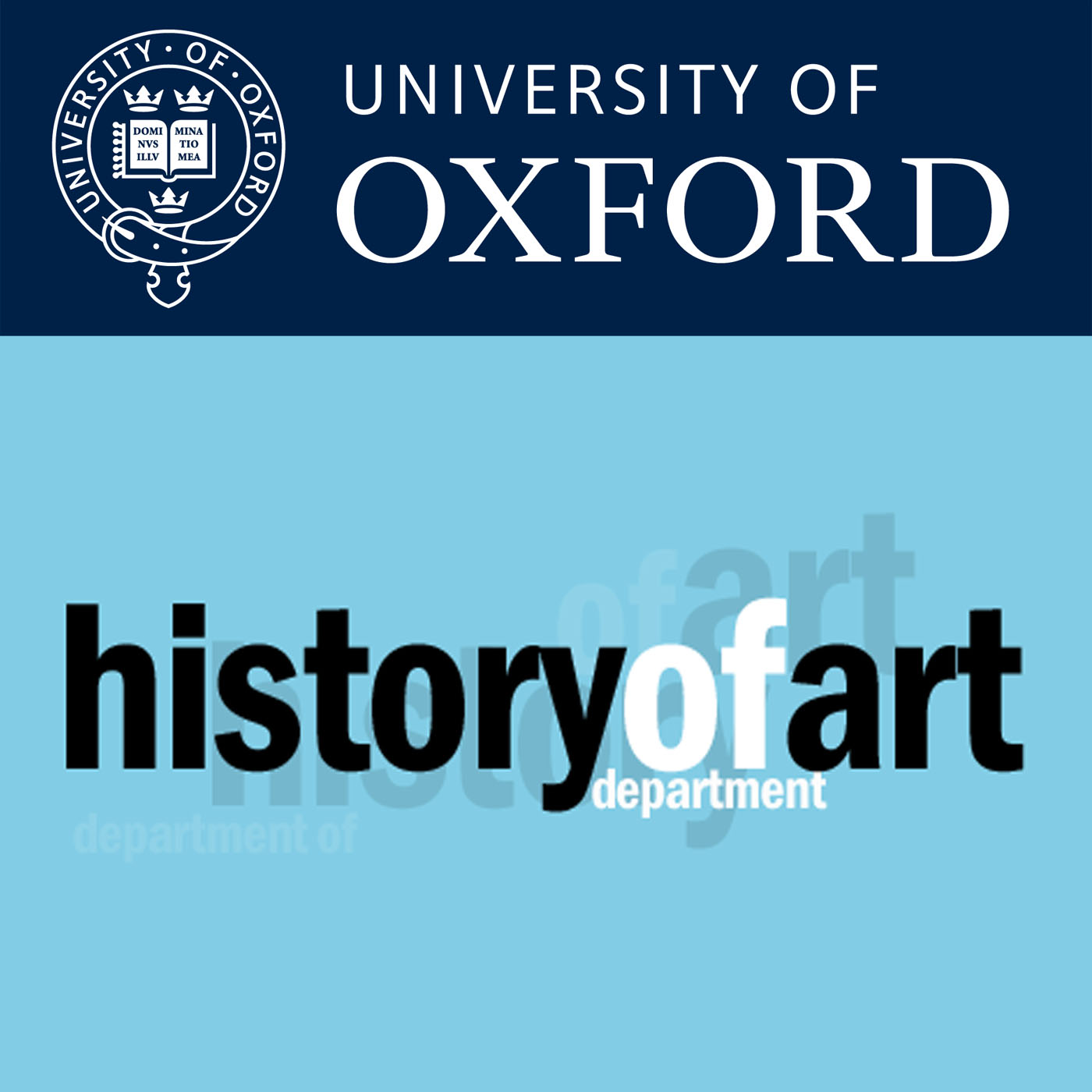Oxford University
The Global Economic Governance Programme was established at University College in 2003 to foster research and debate into how global markets and institutions can better serve the needs of people in developing countries. The Programme is directly linked to Oxford University’s Department of...
Find out more about our night sky, from new planets to far-off galaxies and the vastness of the Universe. A series of short talks and presentations for the general public from leading astronomy researchers at the Oxford University Physics department - http://www.physics.ox.ac.uk/
Humanitas is a series of Visiting Professorships at Oxford and Cambridge intended to bring leading practitioners and scholars to both universities to address major themes in the arts, social sciences and humanities. Created by Lord Weidenfeld, the Programme is managed and funded by the Institute...
Bryan Ward-Perkins, a leading historian of Late Antiquity at Trinity College, Oxford, discusses the transitional period between the fall of Rome and the Middle Ages.
A series of lectures delivered by Peter Millican to first-year philosophy students at the University of Oxford. The lectures comprise of the 8-week General Philosophy course, delivered to first year undergraduates. These lectures aim to provide a thorough introduction to many philosophical topics...
Bioethics is the study of the moral implications of new and emerging medical technologies and looks to answer questions such as selling organs, euthanasia and whether should we clone people. The series consists of a series of interviews by leading bioethics academics and is aimed at individuals...
We live in a world filled with material wealth, live longer and healthier lives, and yet anxiety, stress, unhappiness, and depression have never been more common. What are the driving forces behind these interlinked global epidemics?
In this series, Professor Mark Williams (Wellcome Trust...
We live in a world filled with material wealth, live longer and healthier lives, and yet anxiety, stress, unhappiness, and depression have never been more common. What are the driving forces behind these interlinked global epidemics?
In this series, Professor Mark Williams (Wellcome Trust...
Podcasts that explore the relationship between J.R.R. Tolkien and Oxford University, where he both studied and worked.
The Medical Sciences Division is the University's largest academic division and includes Biochemistry, Experimental Psychology and the clinical and preclinical departments of the Medical School. The Division is an internationally recognised centre of excellence for basic biomedical and clinical...
The discipline of Comparative Literature is changing. Its Eurocentric heritage has been challenged by various formulations of ‘world literature’, while new media and new forms of artistic production are bringing urgency to comparative thinking across literature, film, the visual arts and music....
A selection of short interviews with Oxford philosophers (part of the series of 'Interviews with Oxonians').
The State of the State lecture series focuses on the transformation of the modern state, with an emphasis on Western Europe and European integration, from a multidisciplinary perspective. The lecture series took place at the University of Oxford and was organized by Dr. Reidar Maliks of the...
Is there a contradiction between profit-making and medical needs? How important are emerging markets for the future of pharmaceutical companies? And what are the ethical boundaries in the relationship between medical practitioners and pharma companies? This series of four lectures brings...
The mind is a fascinating entity. Where, after all, would we be without it? But what exactly is it? These days many people believe the mind simply is the brain. Descartes would have disagreed profoundly. He recommended a dualism of substance. Modern philosophers are again finding various forms of...
Does Religion Lead to Tolerance or Intolerance? An international three-day conference in Oxford, organised by the Science and Religious Conflict Project team. It is an interdisciplinary conference on the theme of empirically informed approaches to understanding the ways in which religion...
At a time of great uncertainty on the matter of Brexit, The Queen's College Colloquium brings together leading experts from the UK, Europe and the US to provide an informative synthesis of the future facts on possible outcomes to ongoing negotiations. Speakers will consider what could lie ahead...
Special Philosophy lectures and seminars from the University of Oxford.
Lecture Series looking at D.H. Lawrence, author of Women in Love, Sons and Lovers and Lady Chatterley's Lover. These lectures focus on specific aspects of Lawrence's writing; from his use of humour to his views on Christianity.
This unique mini-series aims to challenge the literary canon by posing the thorny question 'why should we study...?' to experts at the University of Oxford. Beginning with the overarching question 'why should we study the humanities?' and moving on to illuminating discussions about key writers...
Ten short podcasts on quirky aspects of eighteenth-century life.
This series of short podcasts offers an alternative history of the eighteenth century. Ten poems were chosen that illustrate the everyday and the extraordinary, the comic and the serious aspects of the period. Each talk begins with...
A lecture series examining Kant's Critique of Pure Reason. This series looks at German Philosopher Immanuel Kant's seminal philosophical work 'The Critique of Pure Reason'. The lectures aim to outline and discuss some of the key philosophical issues raised in the book and to offer students and...
We have causal theories of reference, perception, knowledge, content and numerous other things. If it were to turn out that causation doesn’t exist, we would be in serious trouble! Causation is so important in fact that it has been said that: “With regard to our total conceptual apparatus,...
Keynote speeches and special session given at the international conference 'Nietzsche on Mind and Nature', held at St. Peter's College, Oxford, 11-13 September 2009, organized by the Faculty of Philosophy, University of Oxford.
Philosophy has been studied for thousands of years. It involves the use of reason and argument to search for the truth about reality - about the nature of things, ethics, aesthetics, language, the mind, God and everything else. This series of five introductory lectures, aimed at students new to...
Podcasts from the department of Earth Sciences.
In this series of physics lectures, Professor J.J. Binney explains how probabilities are obtained from quantum amplitudes, why they give rise to quantum interference, the concept of a complete set of amplitudes and how this defines a "quantum state". A book of the course can be obtained from...
The first complete collection of Shakespeare's plays, from the First Folio of 1623, in their original spelling and orthography, presented in ePub format. The texts were originally prepared by Trevor Howard-Hill for use in his single colume concordances to Shakespeare (OUP, 1969f). They have...
Special Philosophy lectures and seminars from the University of Oxford.
These online audio resources consist of lectures, seminars and interviews from the School of Geography and the Environment at the University of Oxford.
Philosophy has been studied for thousands of years. It involves the use of reason and argument to search for the truth about reality - about the nature of things, ethics, aesthetics, language, the mind, God and everything else. This series of five introductory lectures, aimed at students new to...
Pitt Rivers Museum at the School of Anthropology and Museum Ethnography in Oxford houses archaeological and ethnographic objects from all parts of the world.
These lectures are about the moral obligations that well-off people have toward poor people living in other countries. Poverty kills about one-third of humankind. Many philosophers argue that the average person in a rich country has a moral obligation to do something about this. These lectures...
Archaeology is primarily a visual, social and cultural subject; in these interviews archaeologists discuss their lives in archaeology and their particular fields of interest. The interviews convey the excitement felt by teaching staff and students from the School of Archaeology at the University...
Manifold greatness: Oxford Celebrations of the King James Bible 1611-2011. Lecture series held in Corpus Christi College to celebrate the 400th Anniversary of the first publication of the King James Bible.
Are you confident you can reason clearly? Are you able to convince others of your point of view? Are you able to give plausible reasons for believing what you believe? Do you sometimes read arguments in the newspapers, hear them on the television, or in the pub and wish you knew how to...
Richard Dawkins' book The God Delusion has been a run away best seller. It has stimulated global debate, not always very charitable, about whether Dawkins is right to say that it is probably the case that God does not exist. During this weekend philosophers Marianne Talbot and Stephen Law will...
In this series of talks and events we seek to further our understanding of what makes us 'human' and the meaning of life. This series is presented by Sophia Europa Oxford and the Faculty of Theology in the University of Oxford.
Podcasts from the Faculty of Classics.
In this introduction to ethics, we shall be considering the underpinnings of ethical thought. We shall consider, for example, what it is for an action to be right or wrong, whether we can have moral knowledge and whether freewill is essential to morality. We shall reflect on four key ethical...
Stephen Farthing R.A. presents eight practical drawing classes using John Ruskin’s teaching collections to explain the basic principles of drawing. This series accompanies 'The Elements of Drawing', a searchable and browsable online version of the teaching collection and catalogues assembled by...
PLEASE NOTE: The 'Great Writers Inspire' project has its own website which features much more extensive, diverse and updated content. Please visit https://writersinspires.org
From Dickens to Shakespeare, from Chaucer to Kipling and from Austen to Blake, this significant collection contains...
Recordings of the lectures and in-conversation events with acclaimed actors, directors, playwrights, and academics, on modern and historic performances inspired by ancient Greek and Roman texts - hosted by the Archive of Performances of Greek and Roman Drama (University of Oxford Classics Faculty).
This series of 5 short videos gives an overview of incorporating an iPad or tablet into a museum visit. The aim of these videos is to show how the use of iPads and tablets in a museum or classroom should not be a daunting one, but rather how the traditional paper sketchbook can work hand-in-hand...
A series of lectures on Epidemiology and Public Health, given in honour of Sir Richard Doll. This seminar series is organised by the Cancer Epidemiology Unit at the University of Oxford.
Photo: By CJ DUB (Own work) [CC BY-SA 2.0] - https://commons.wikimedia.org/wiki/File%3ARichard_Doll.jpg
Short interesting lectures from top Oxford academics. Includes a series of short lectures about love, held on Valentines Day 2011.
Podcasts from the Department of Politics and International relations and its centres.
History of Art at the University of Oxford draws on a long and deep tradition of teaching and studying the subject. The core academic staff of the History of Art Department work on subjects from medieval European architecture to modern Chinese art. Over fifty associated academic staff (e.g. in...
Podcasts from the Faculty of Medieval and Modern Languages, delivered in a variety of languages.
In this series of physics lectures, Professor J.J. Binney explains how probabilities are obtained from quantum amplitudes, why they give rise to quantum interference, the concept of a complete set of amplitudes and how this defines a "quantum state". A book of the course can be obtained from...
